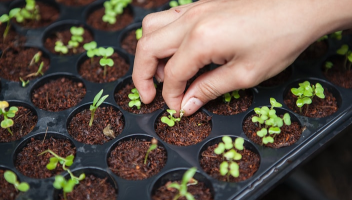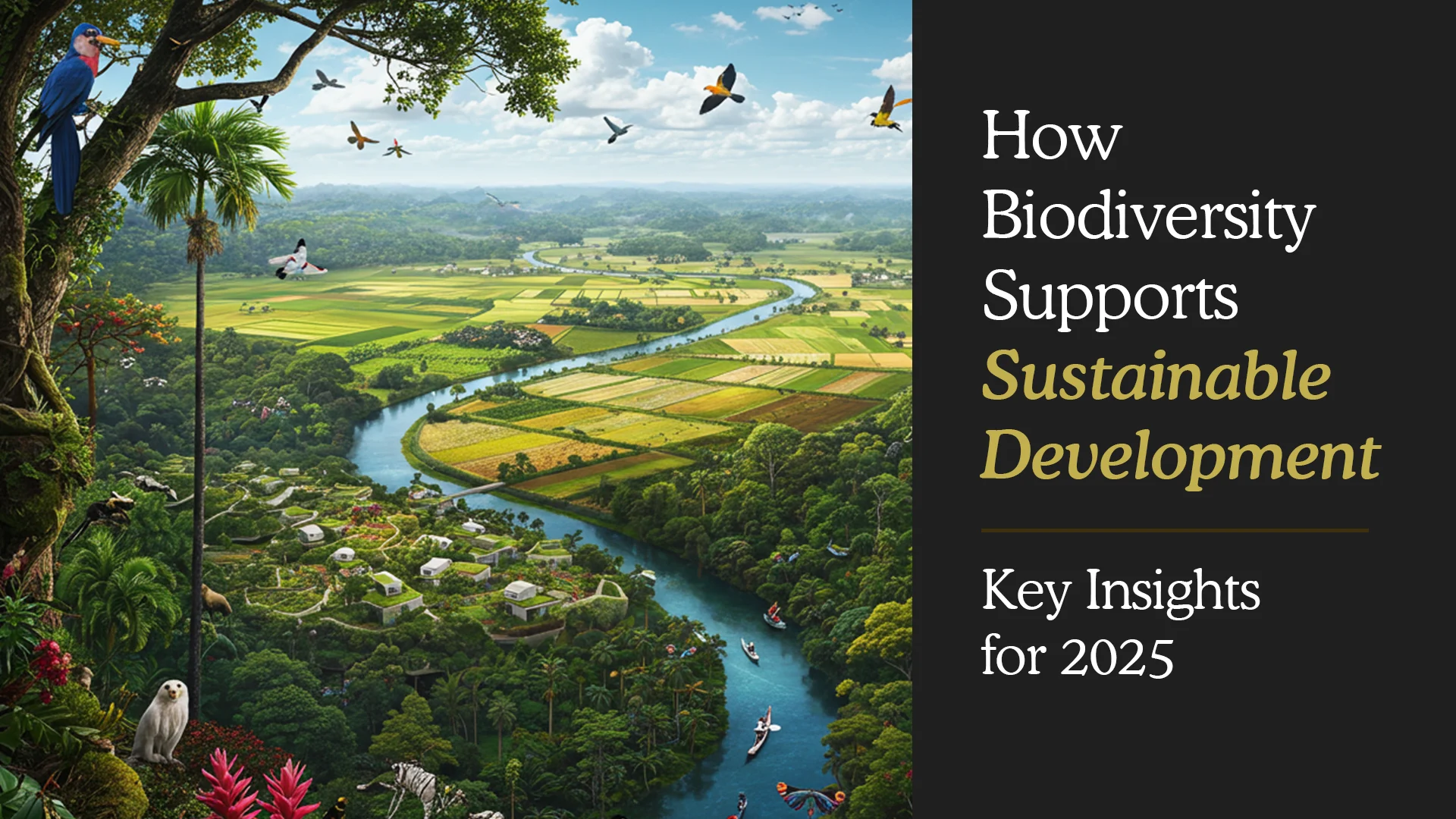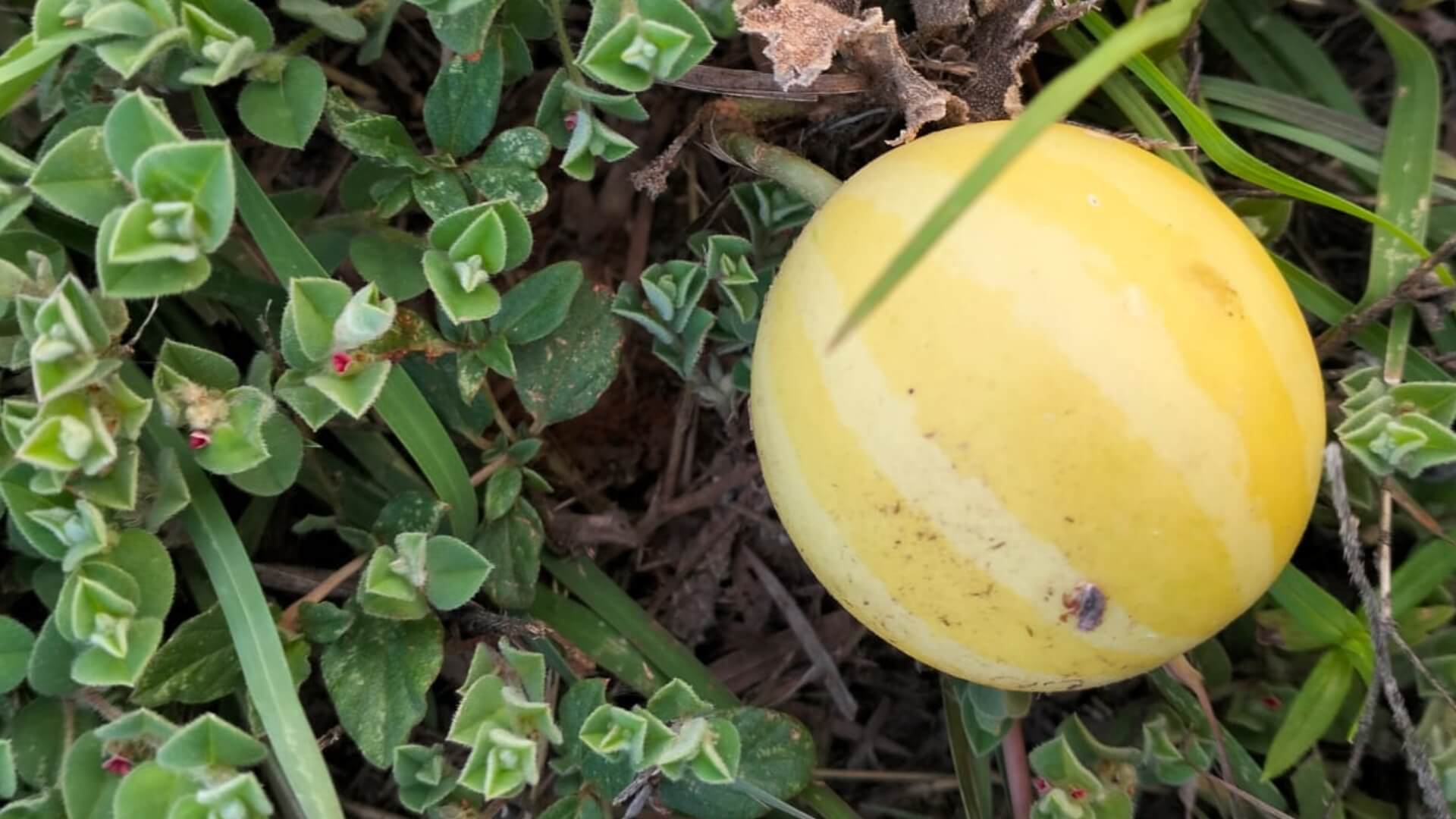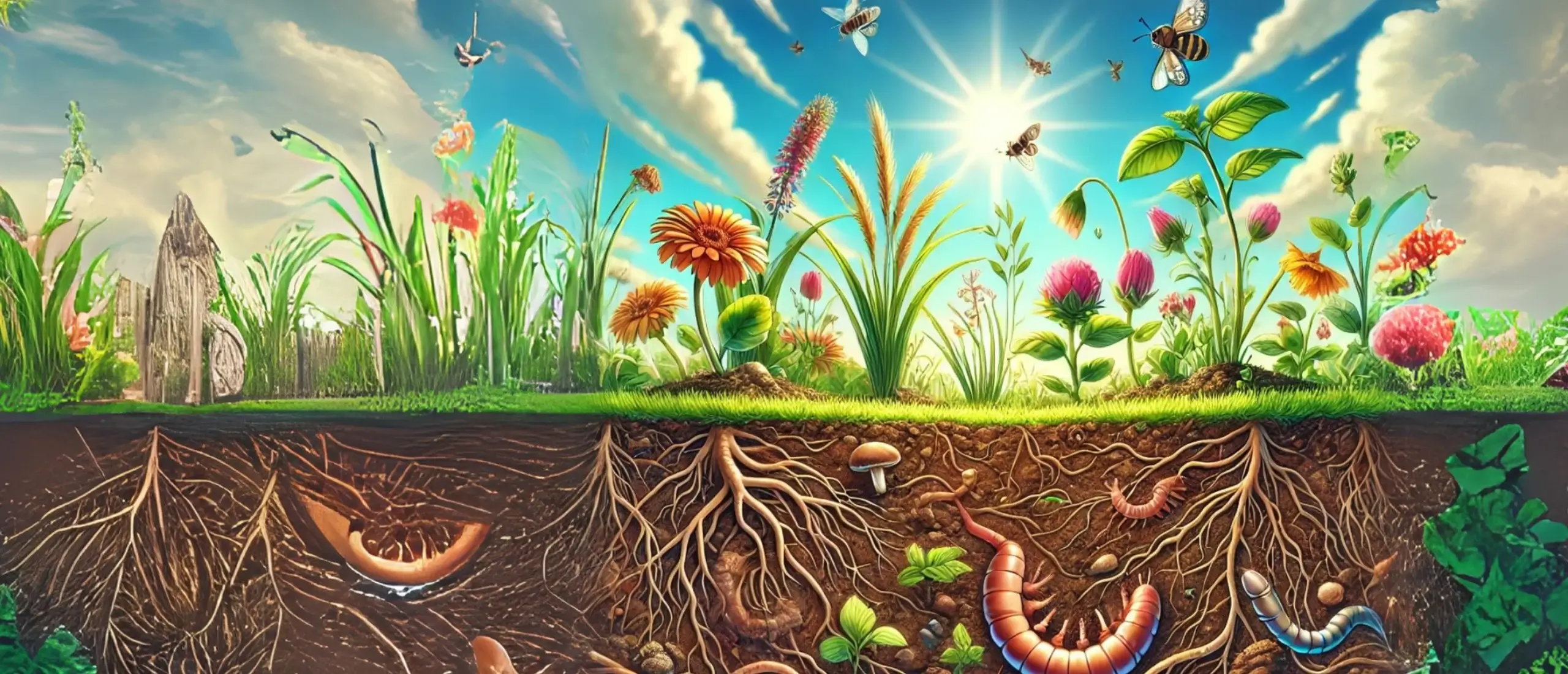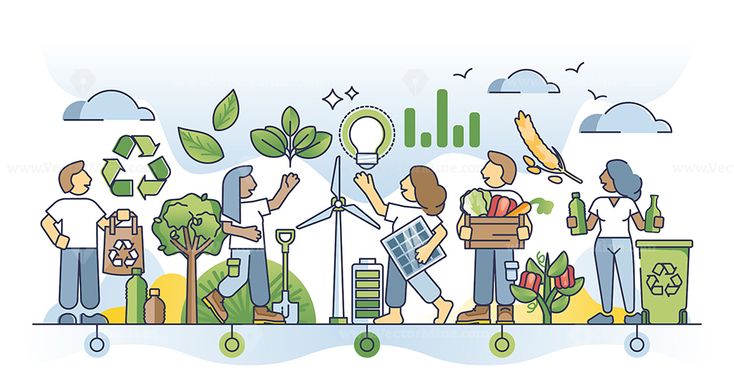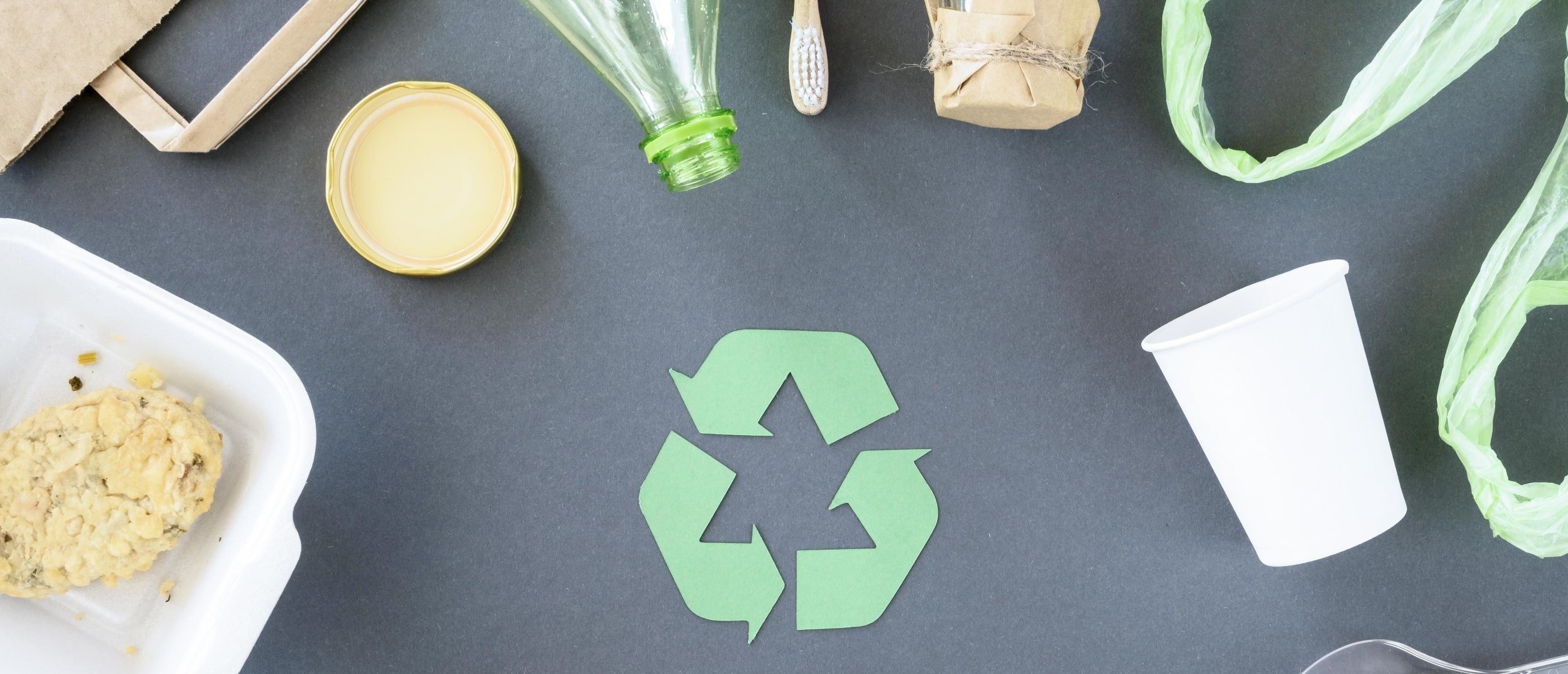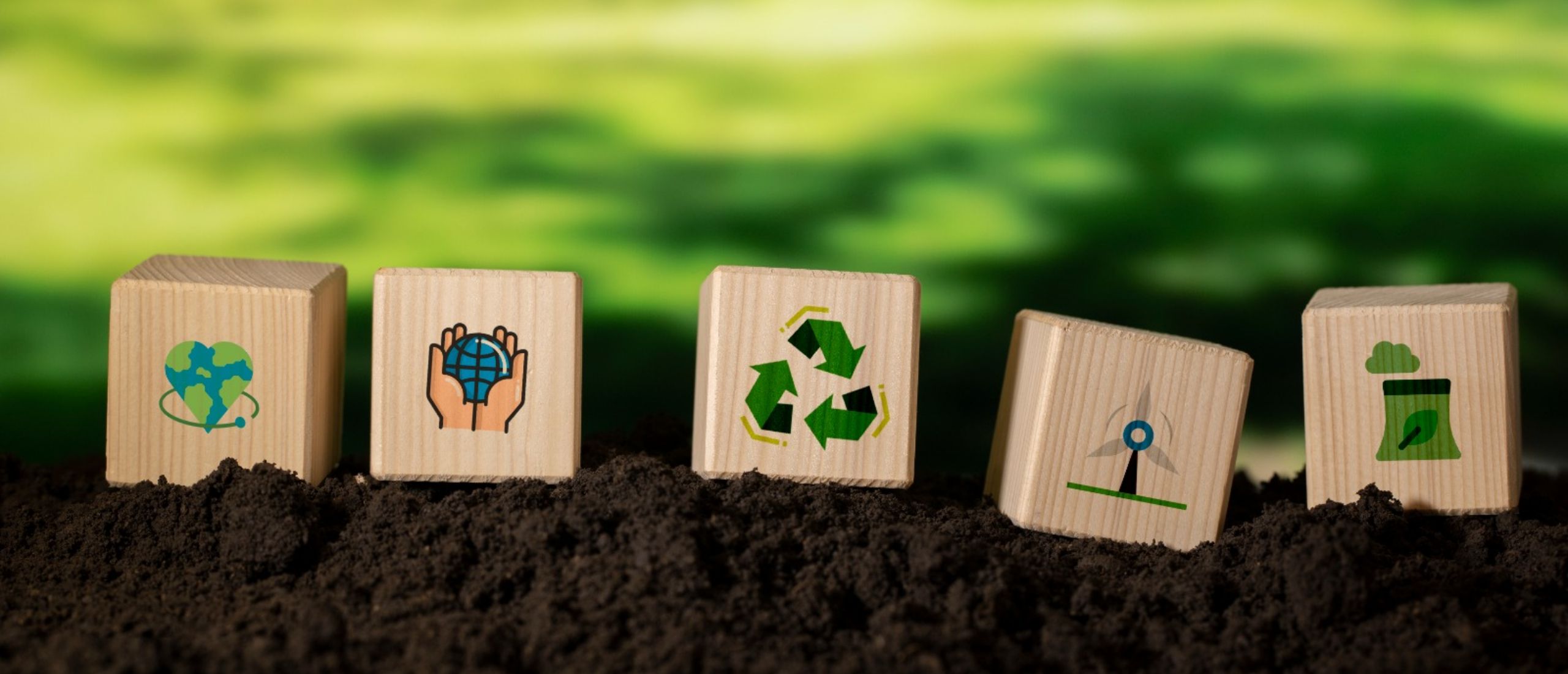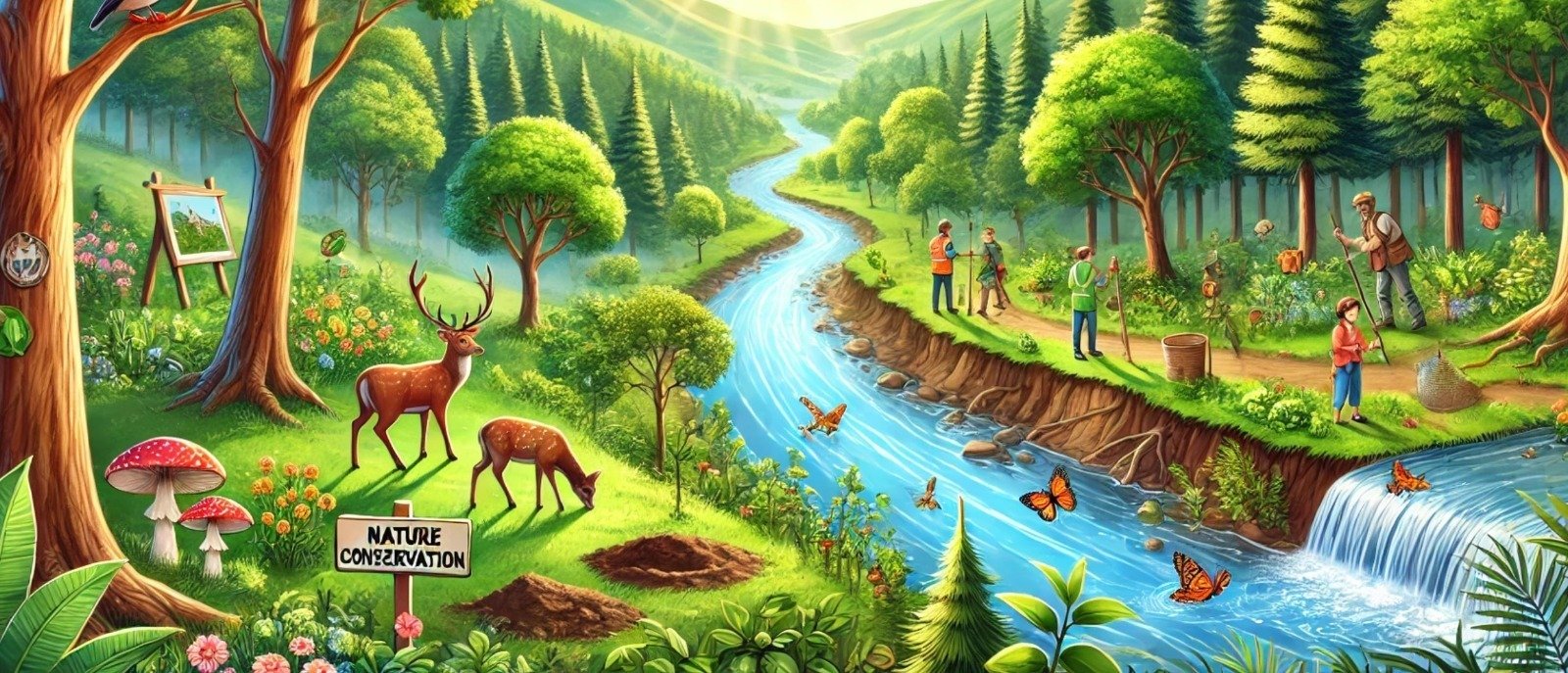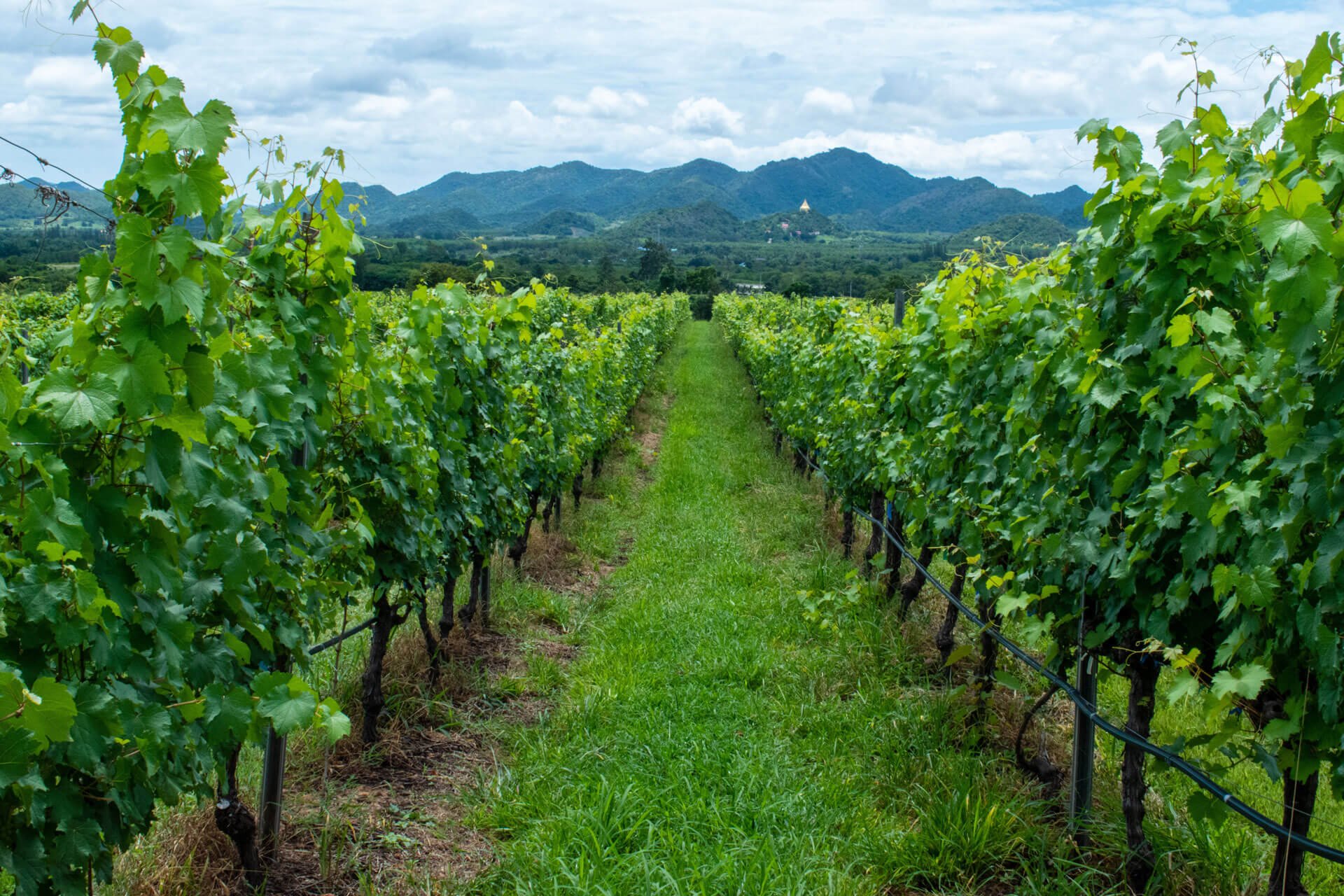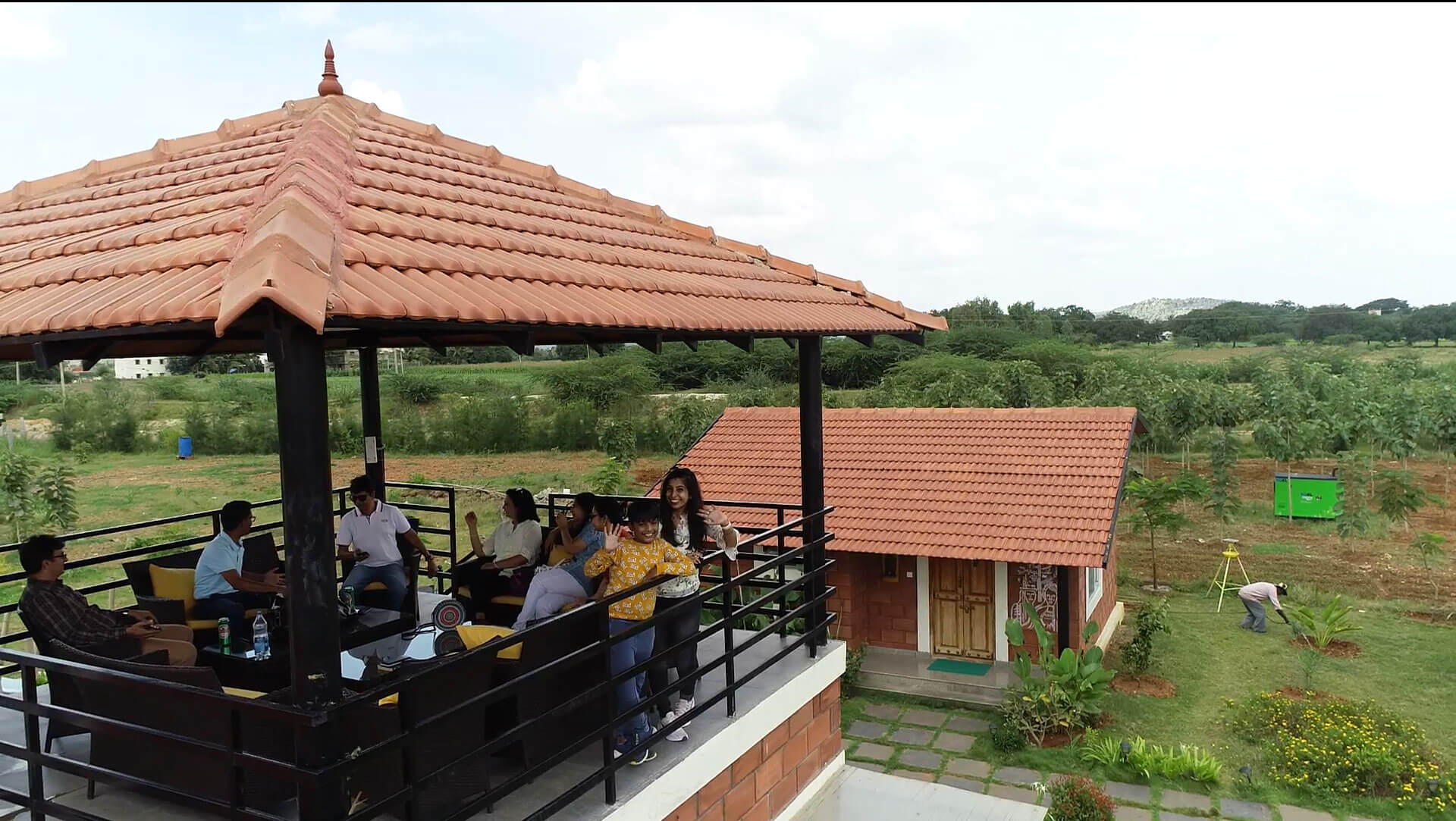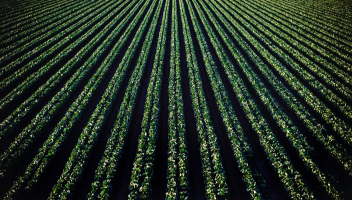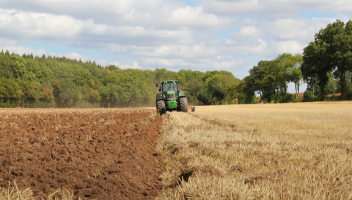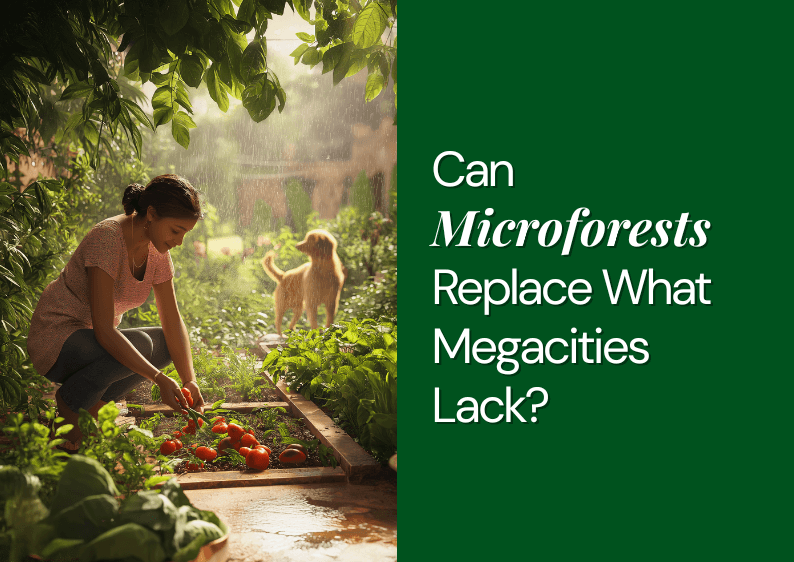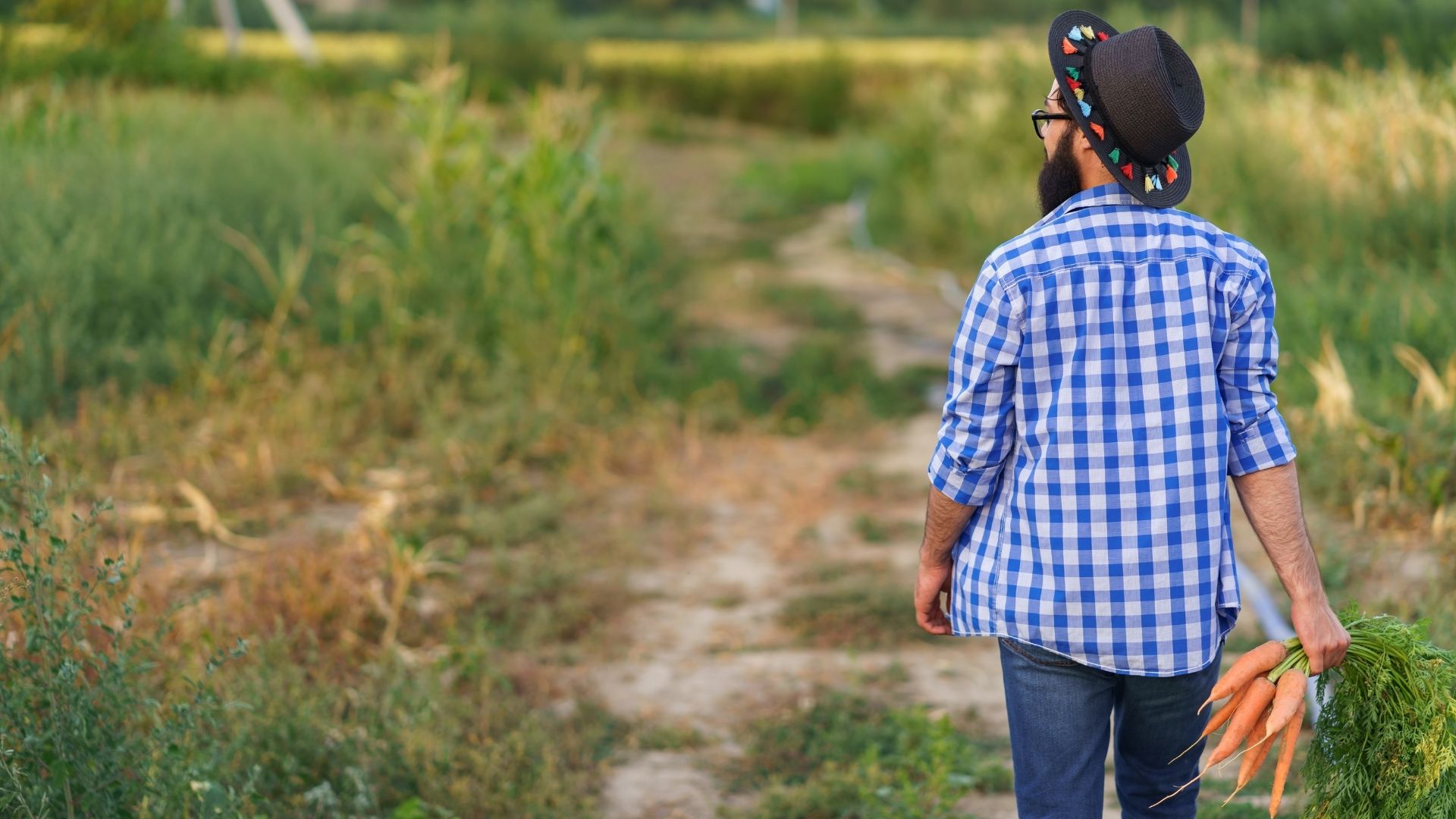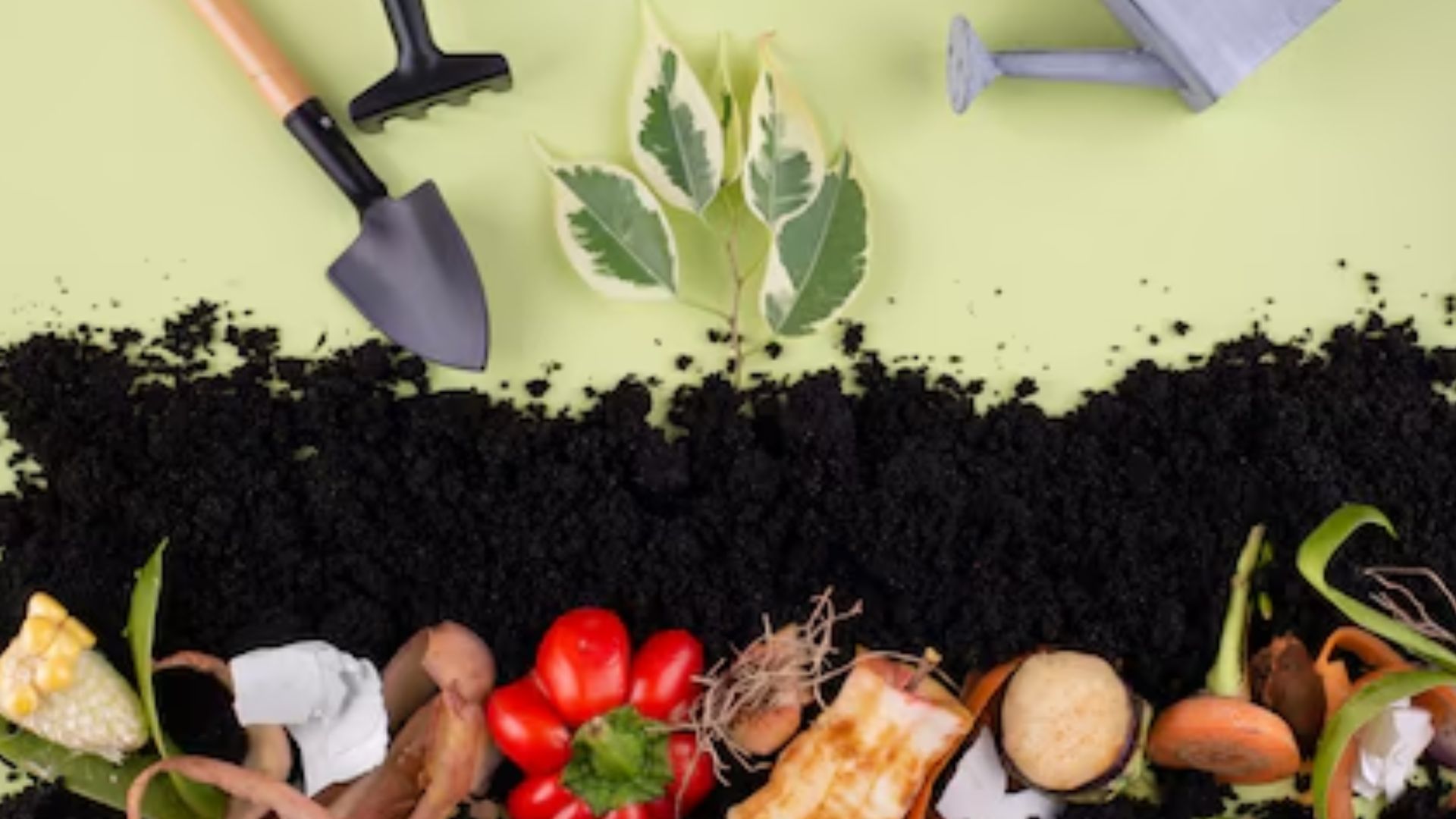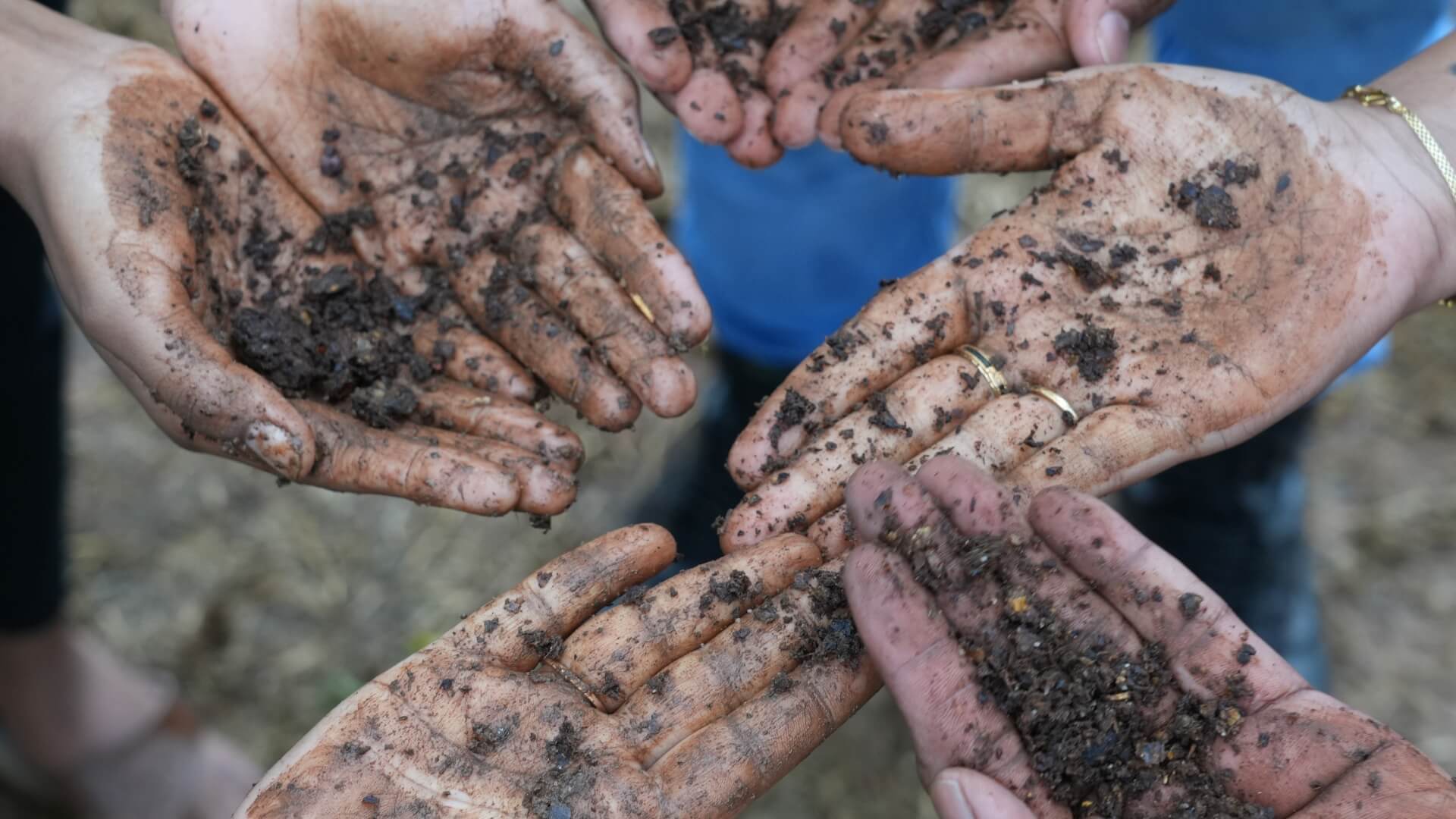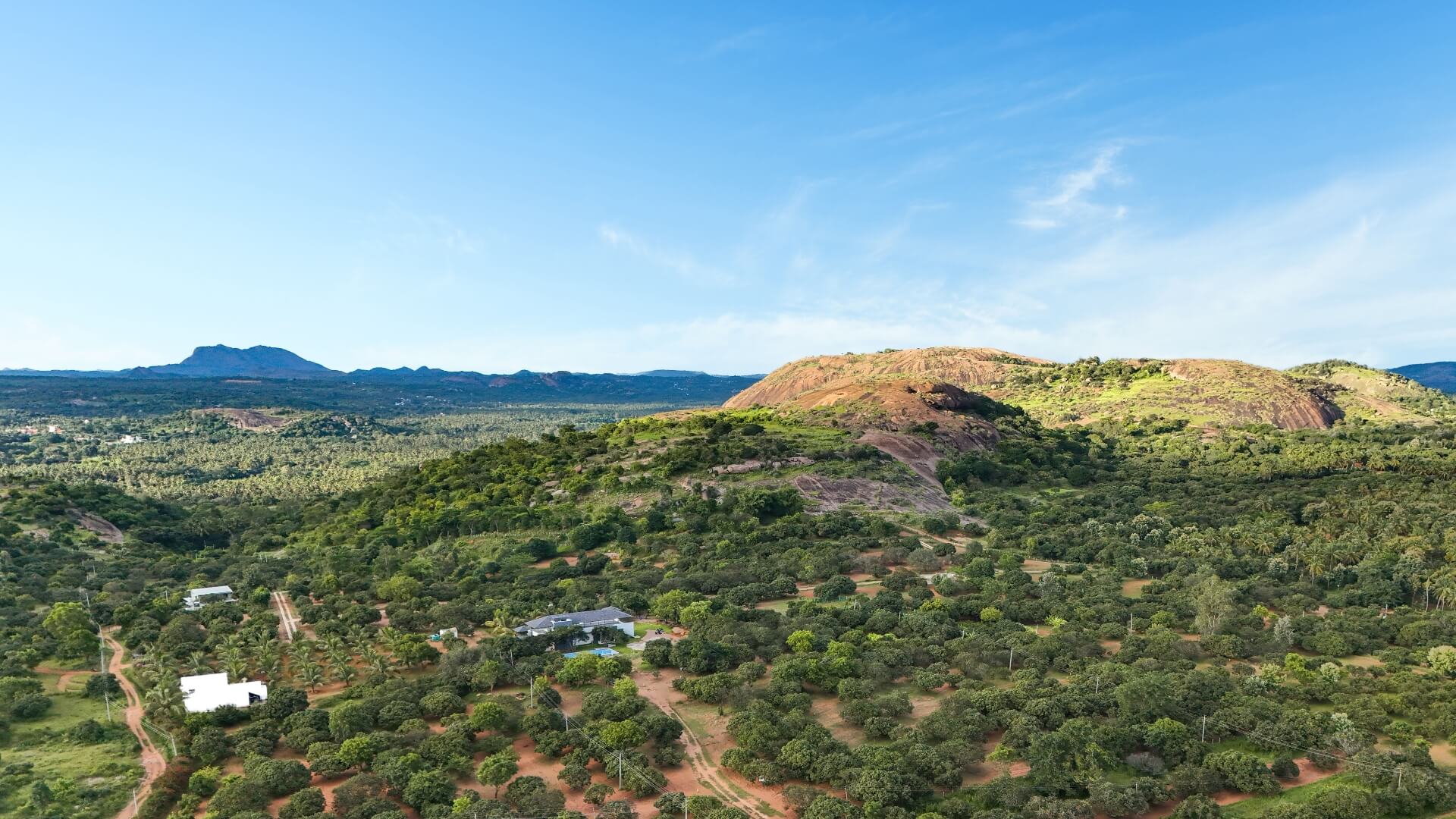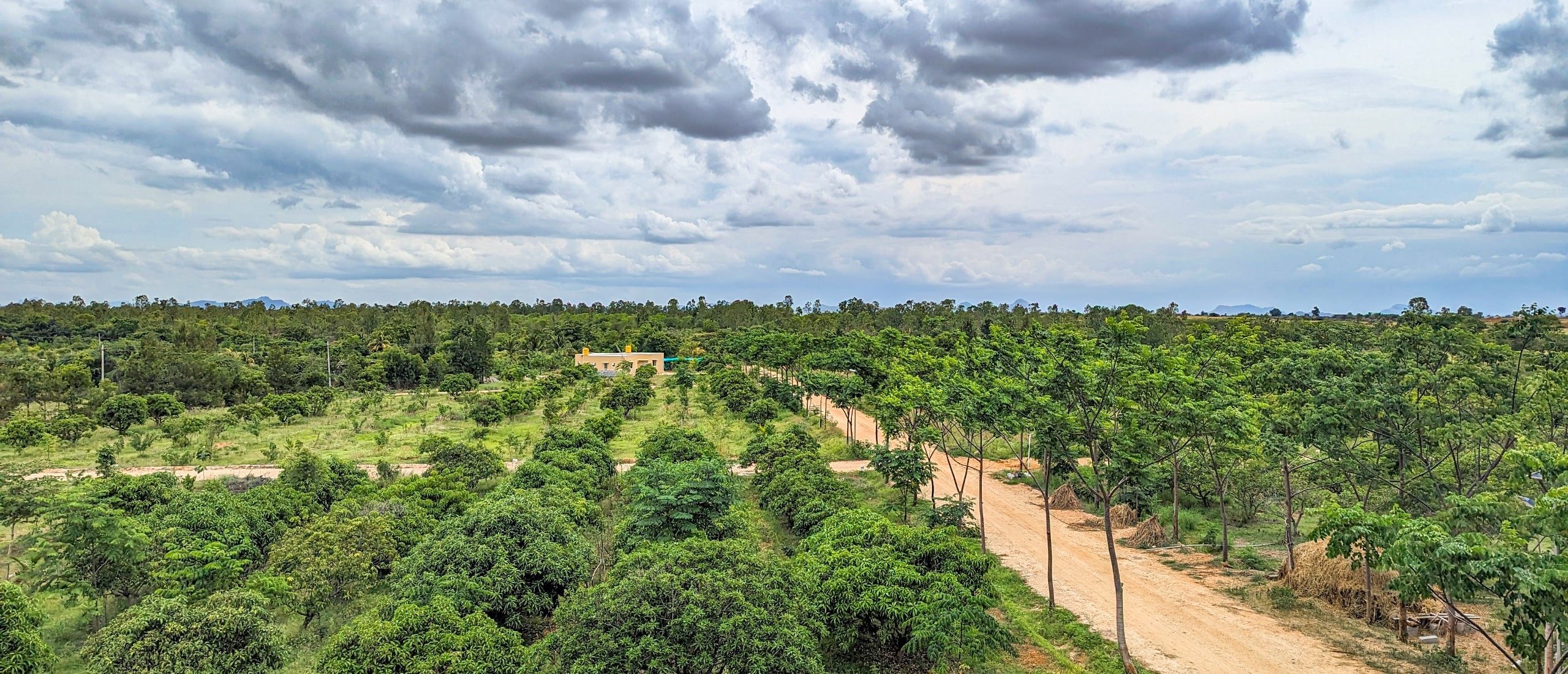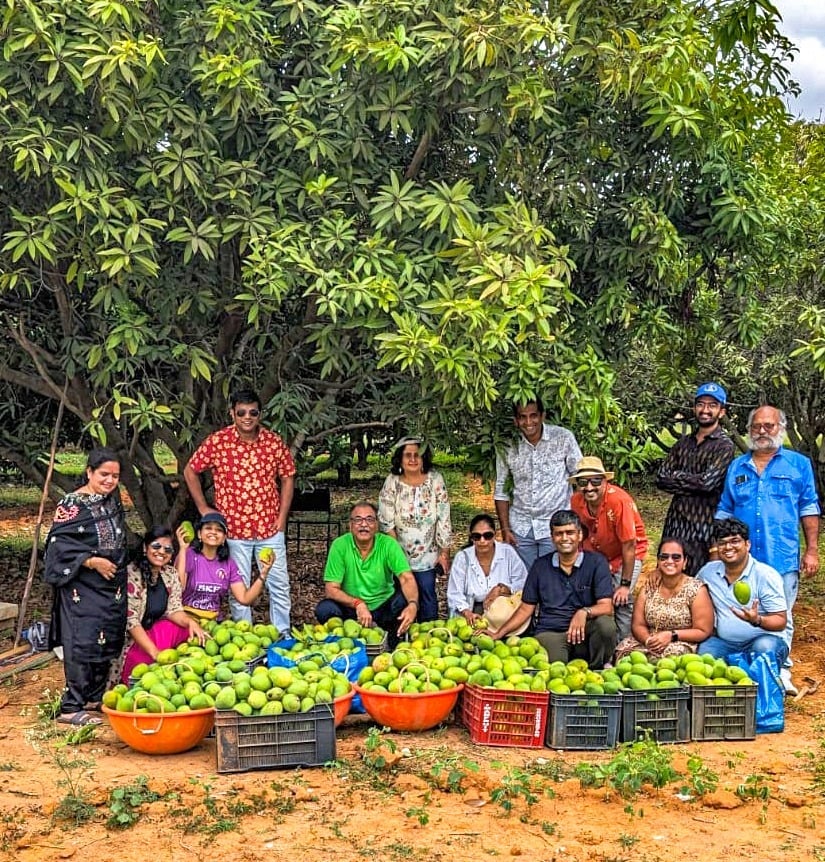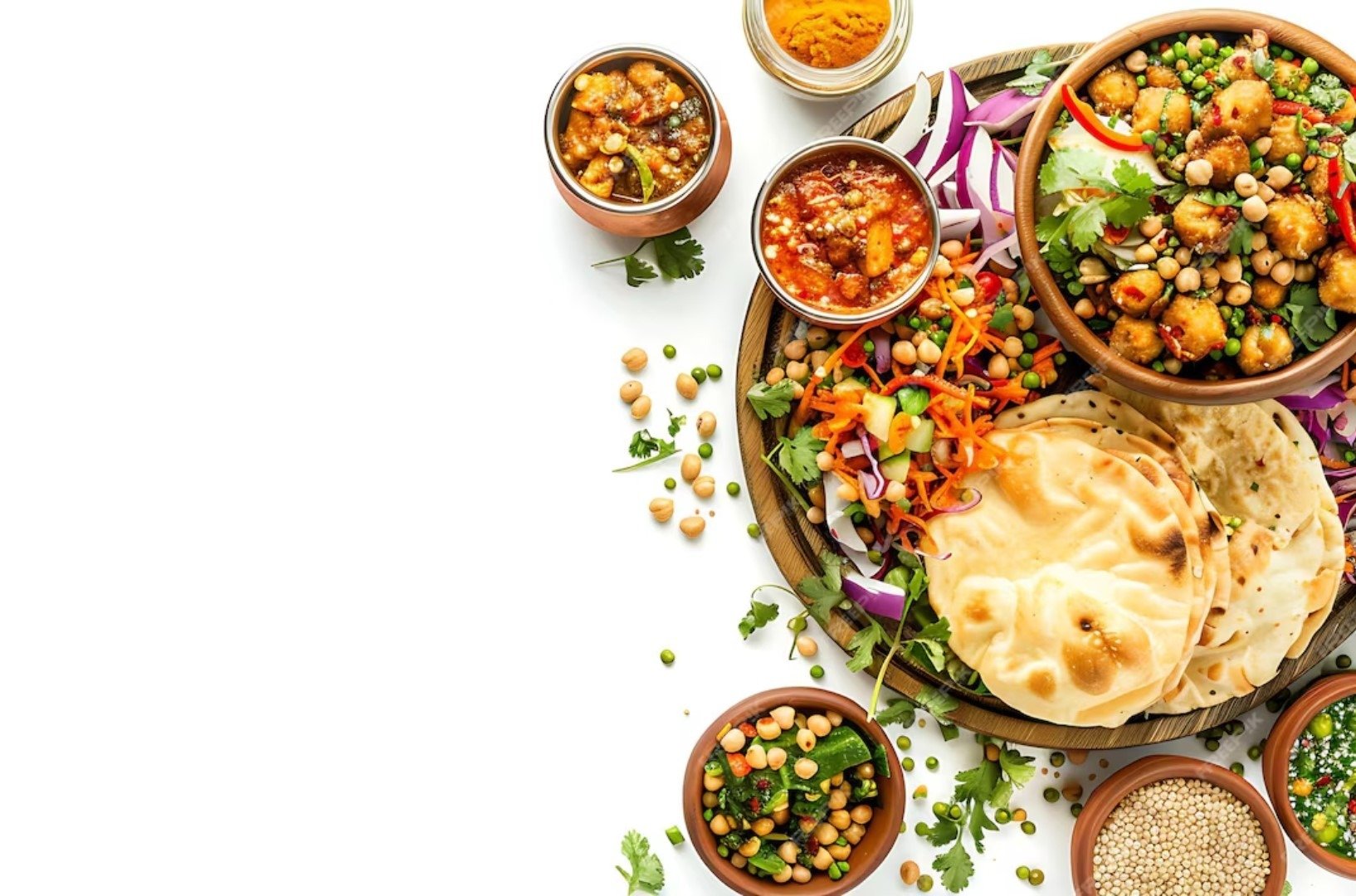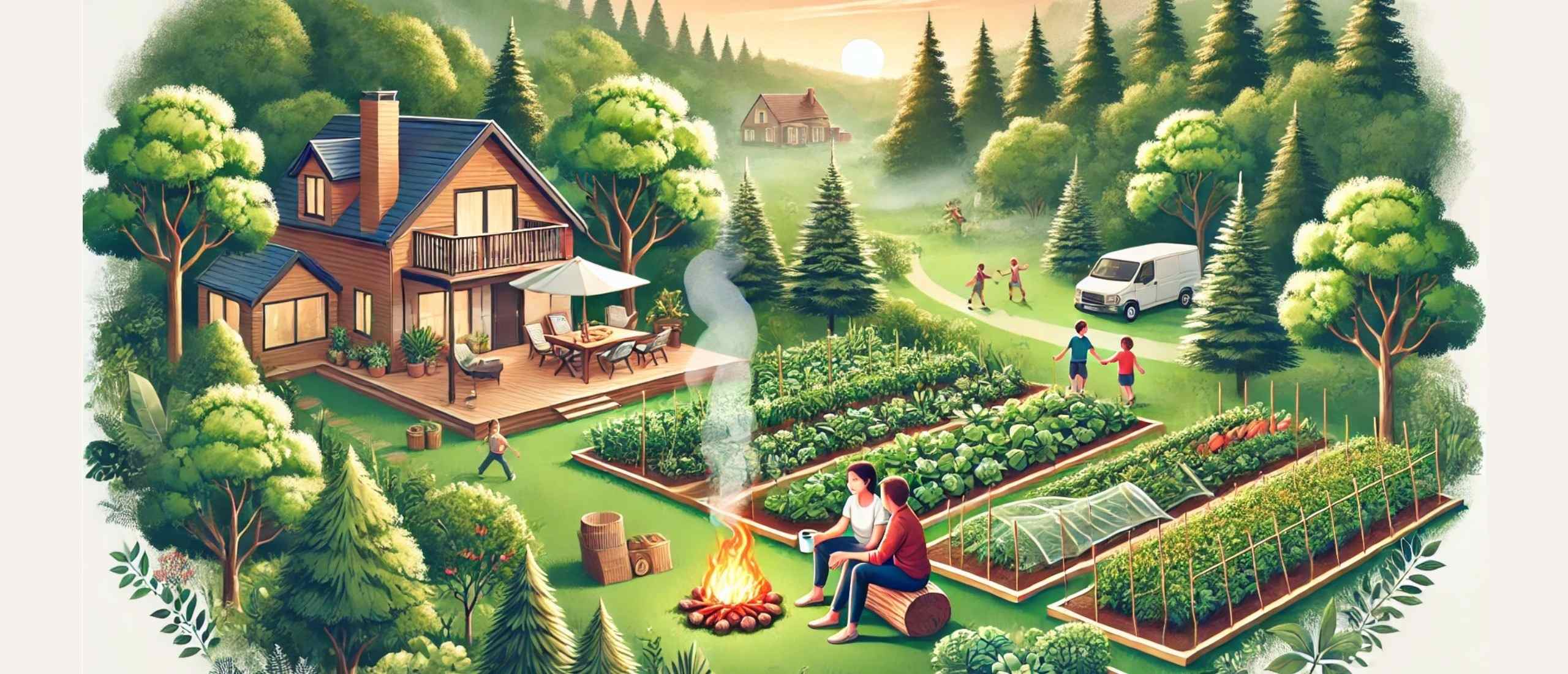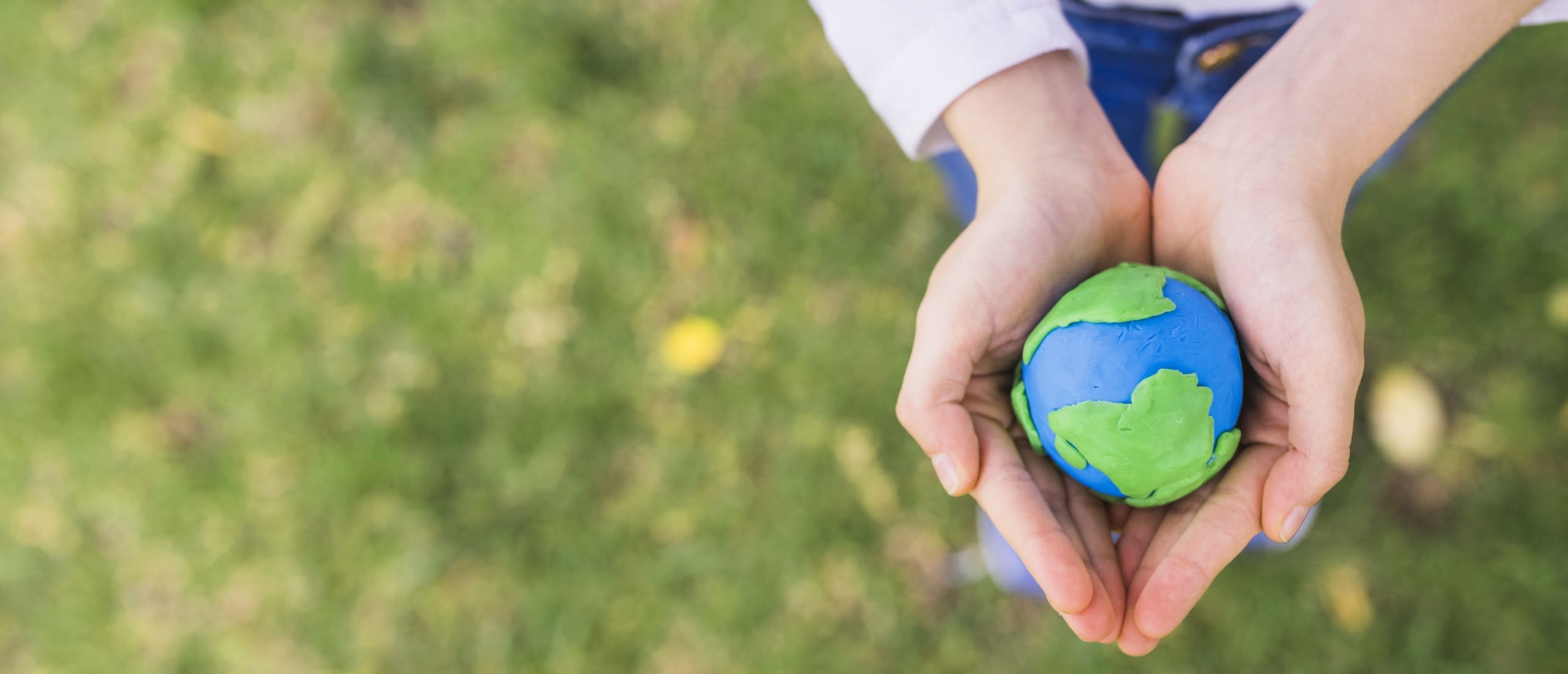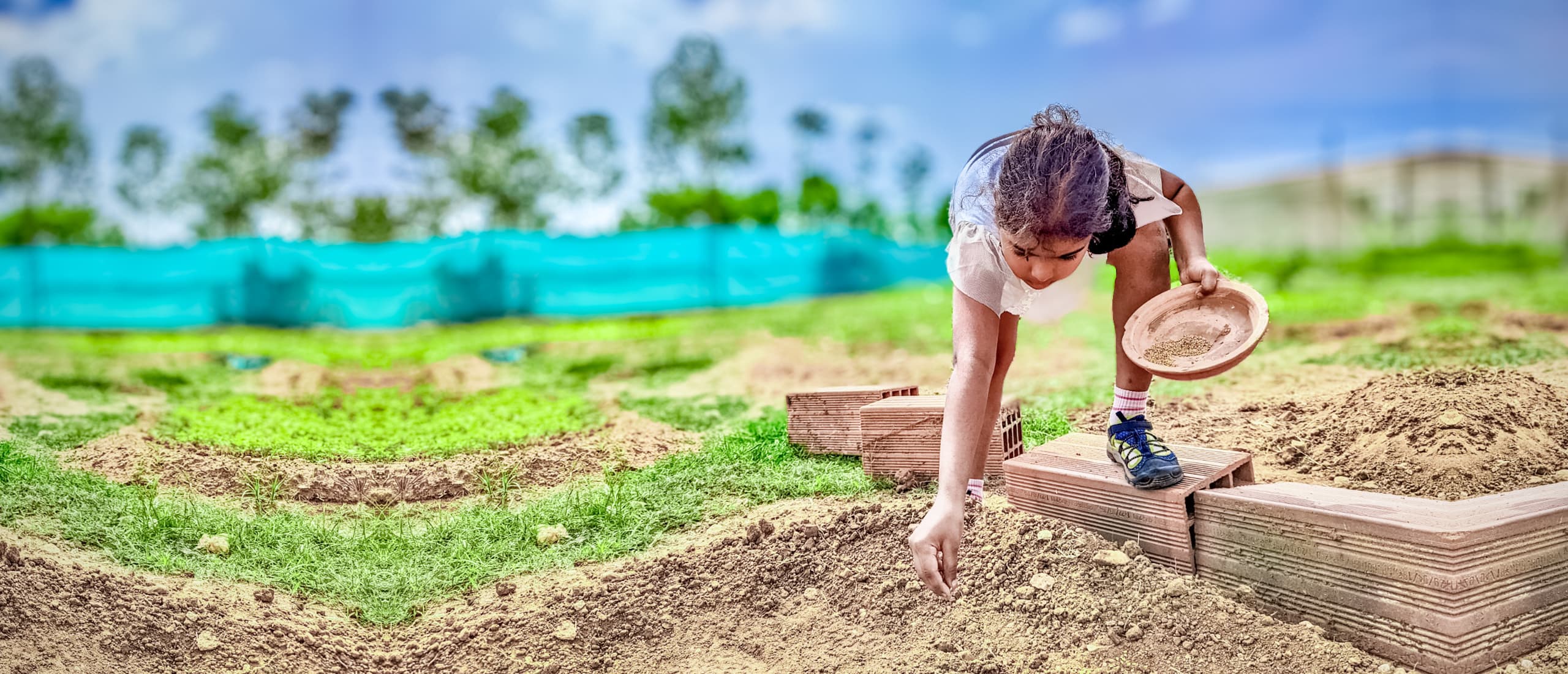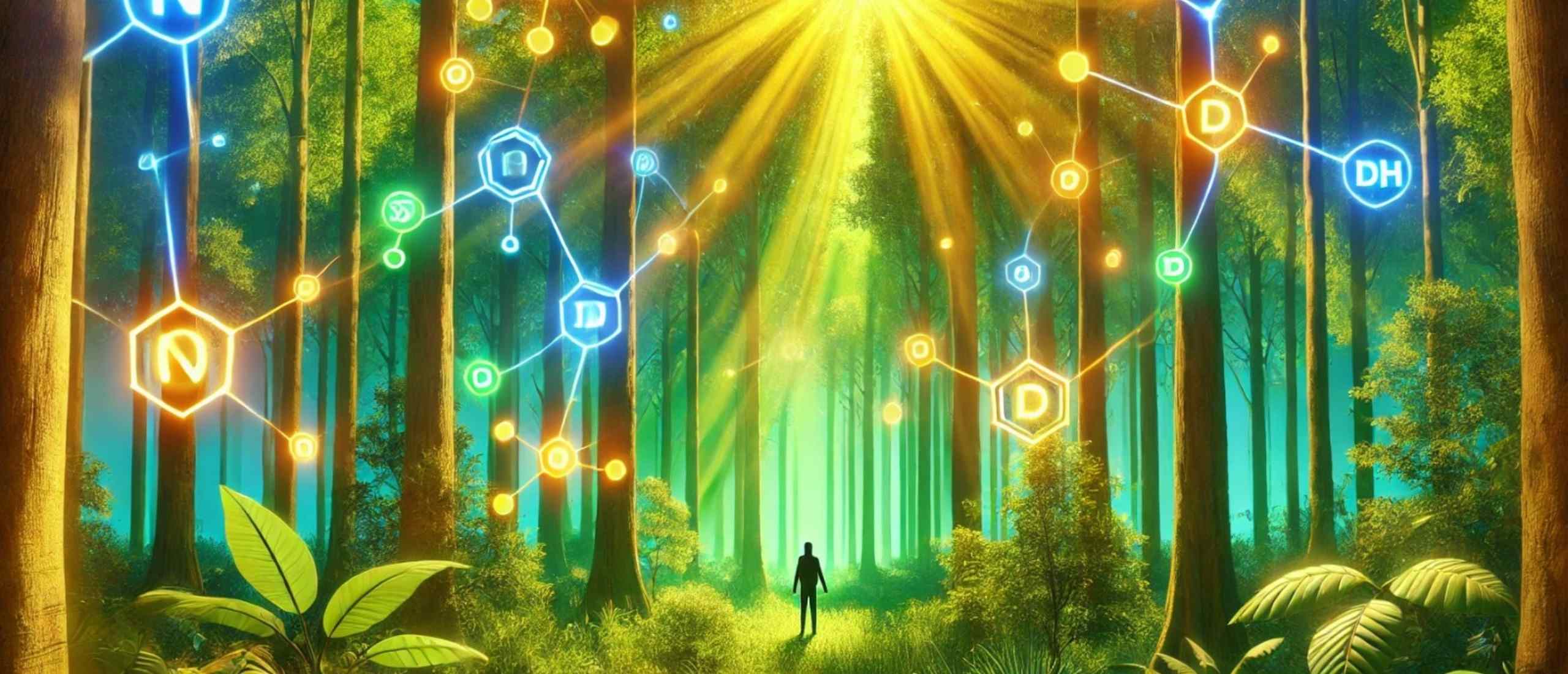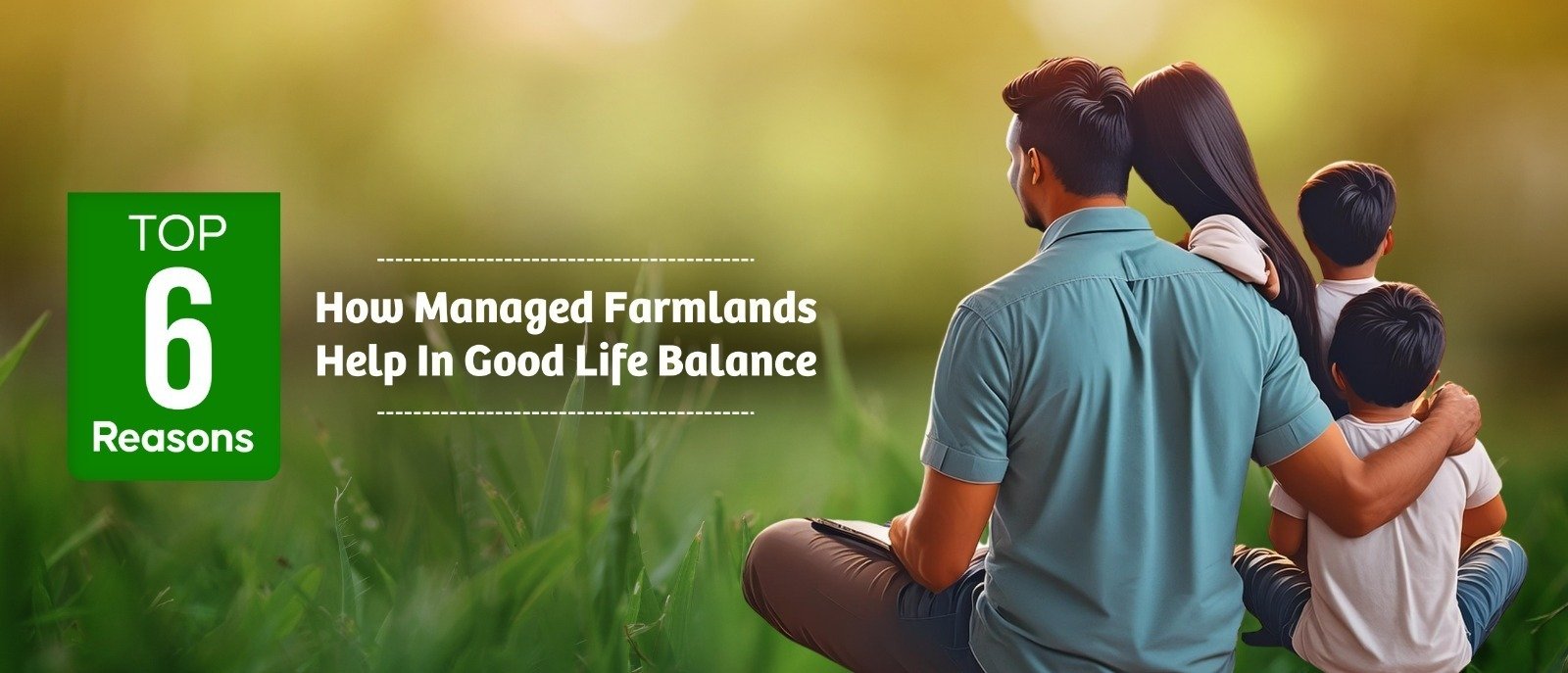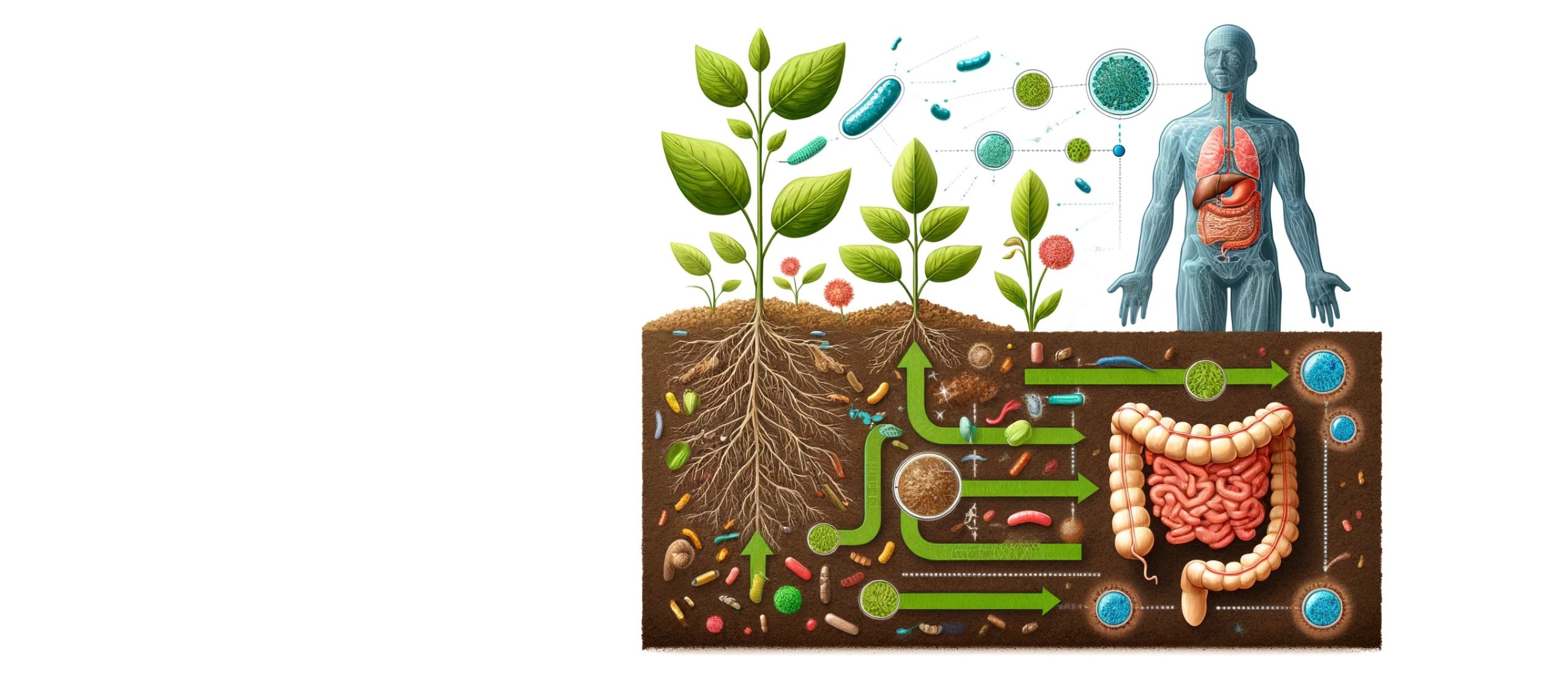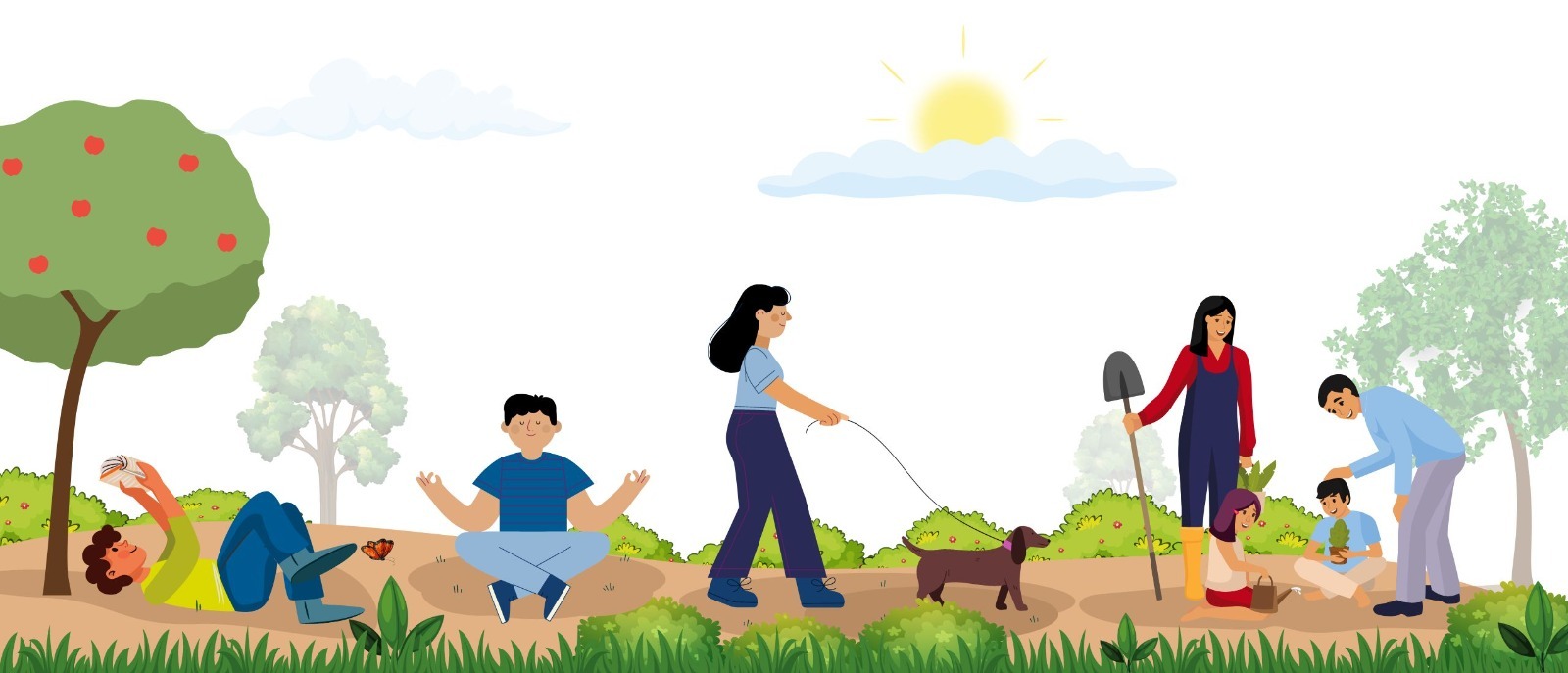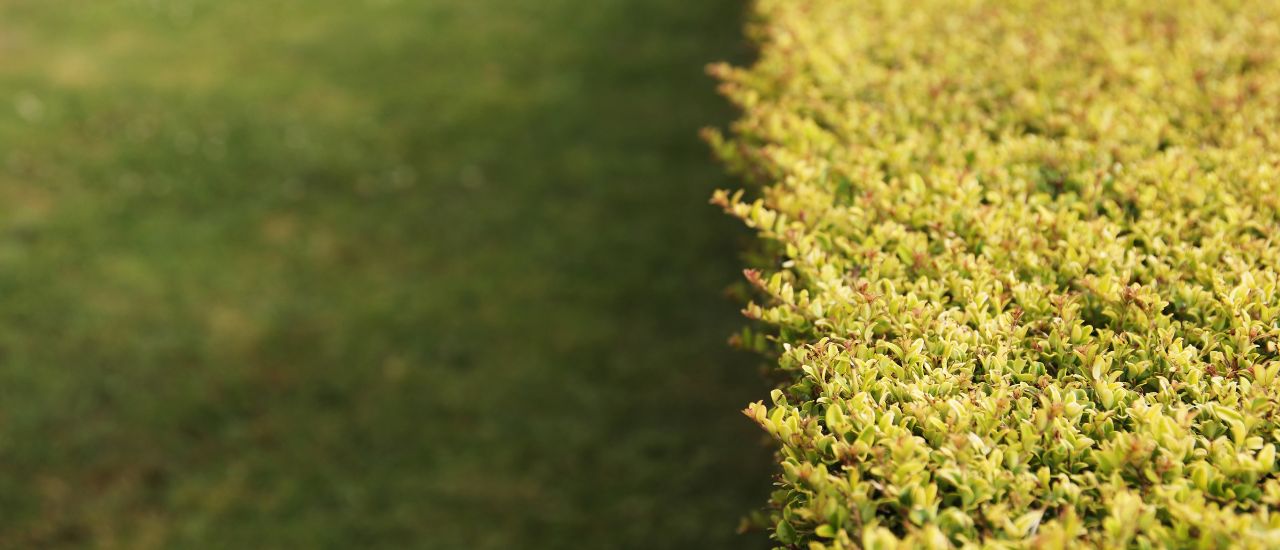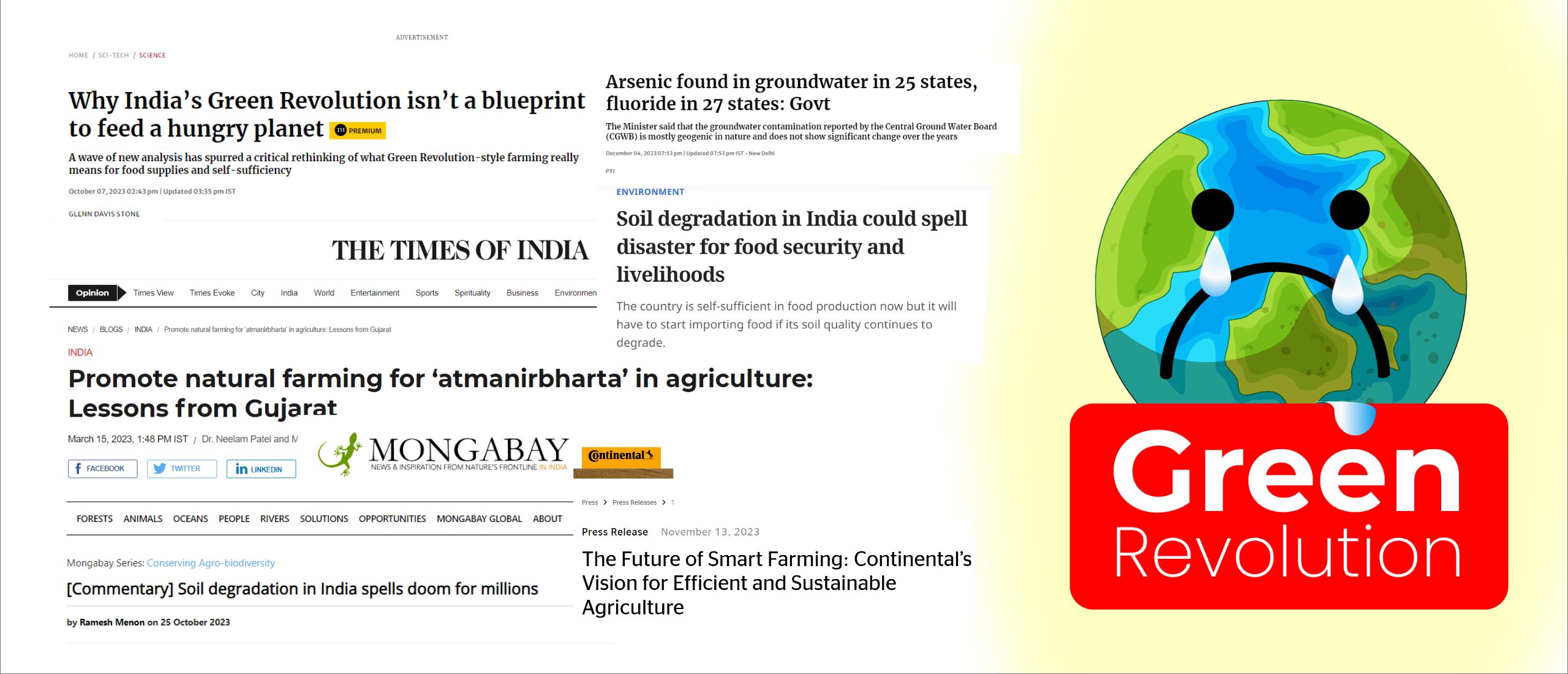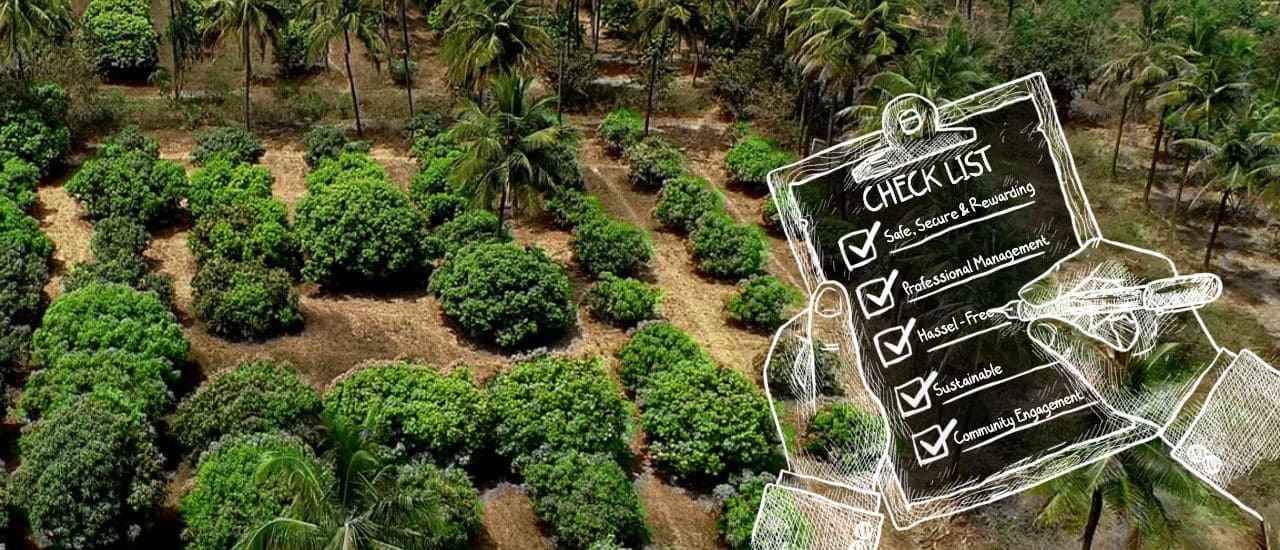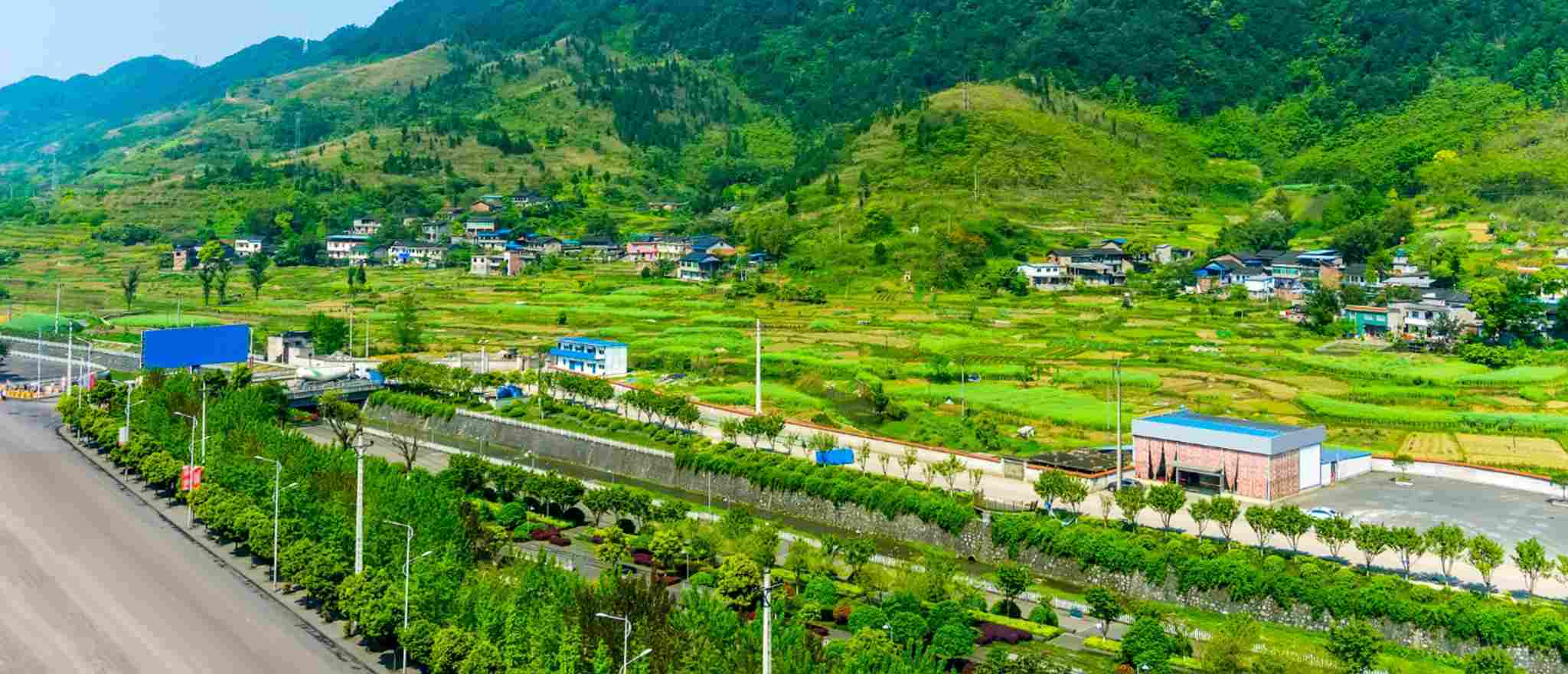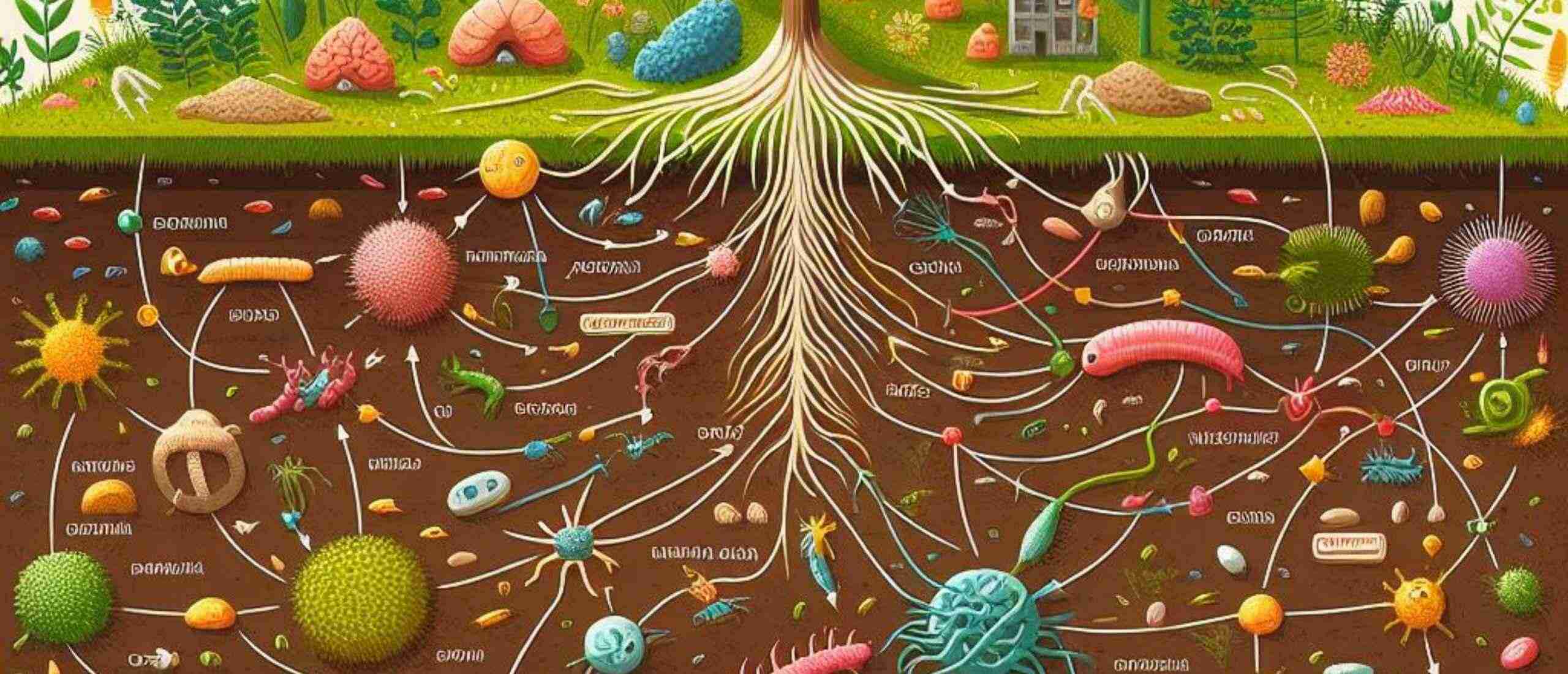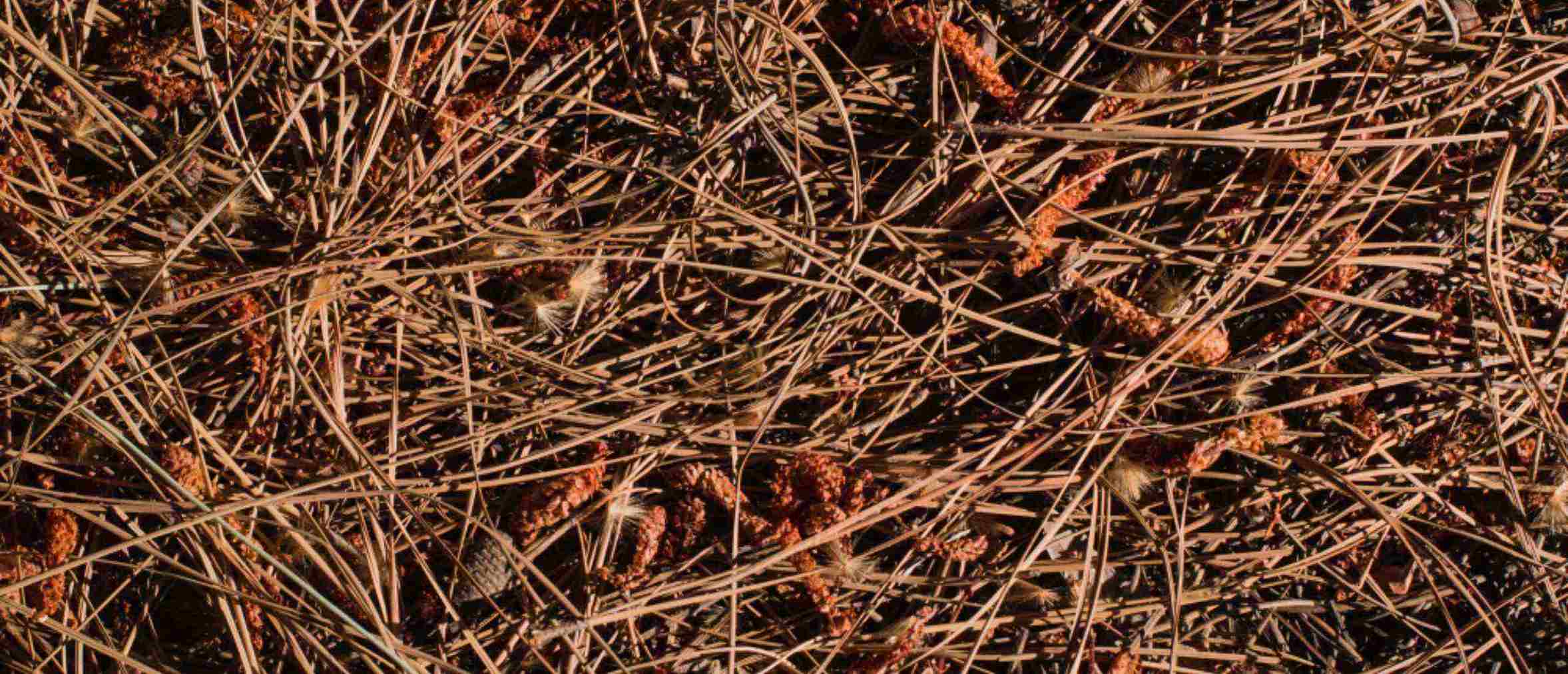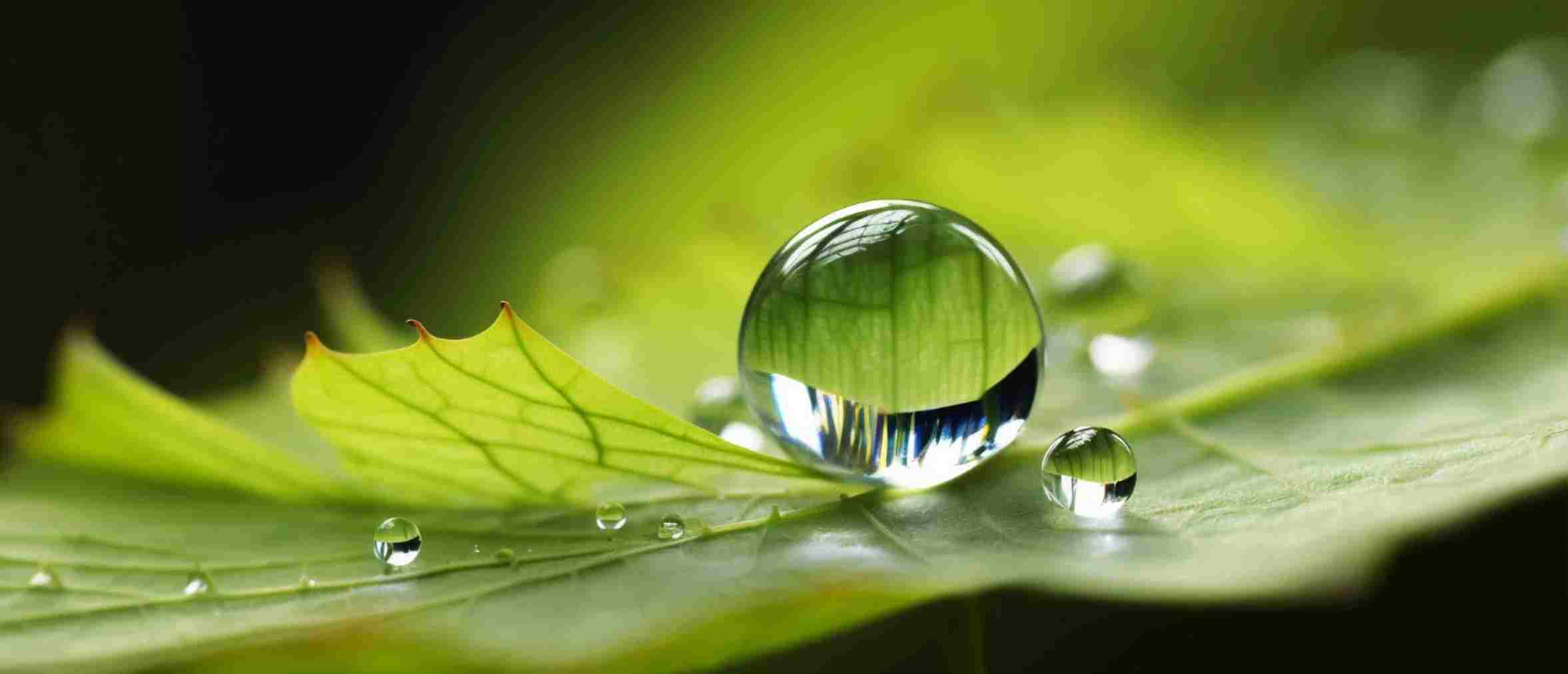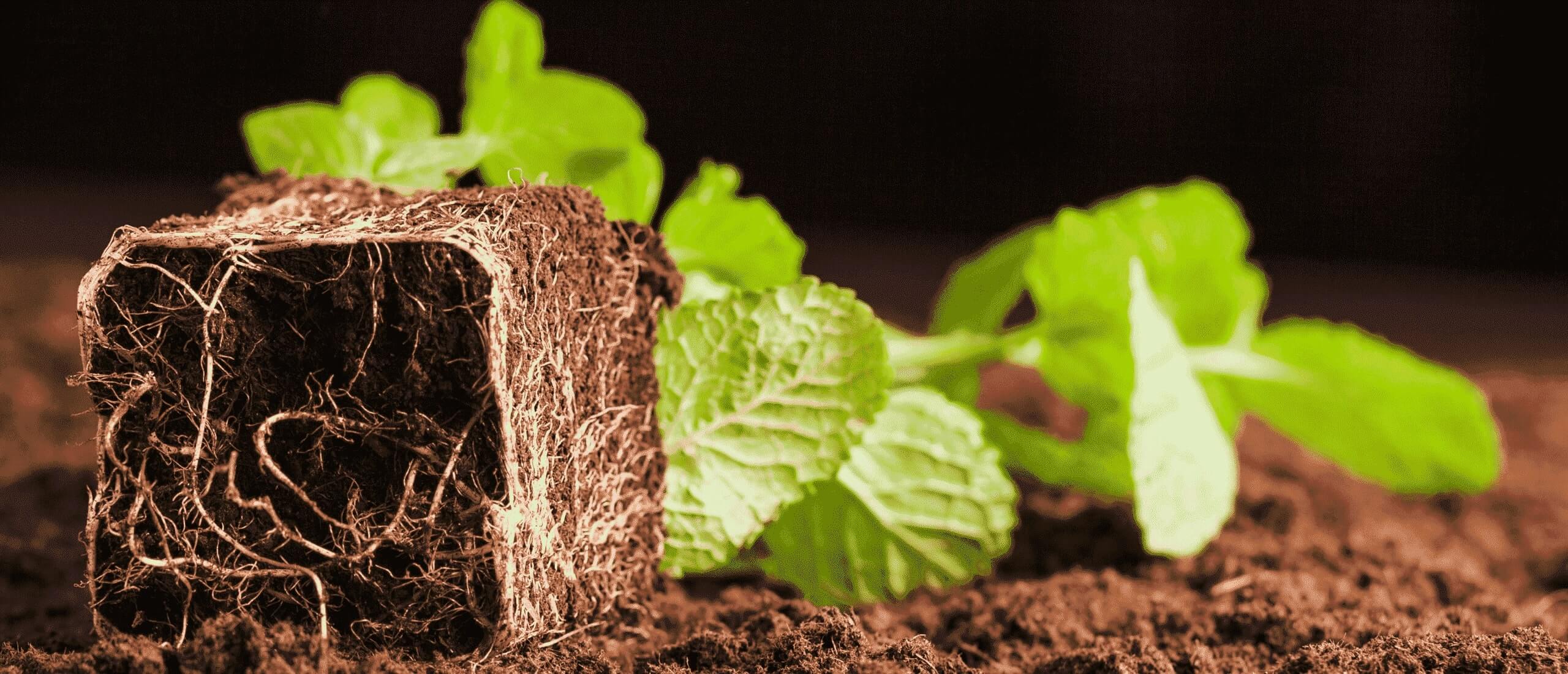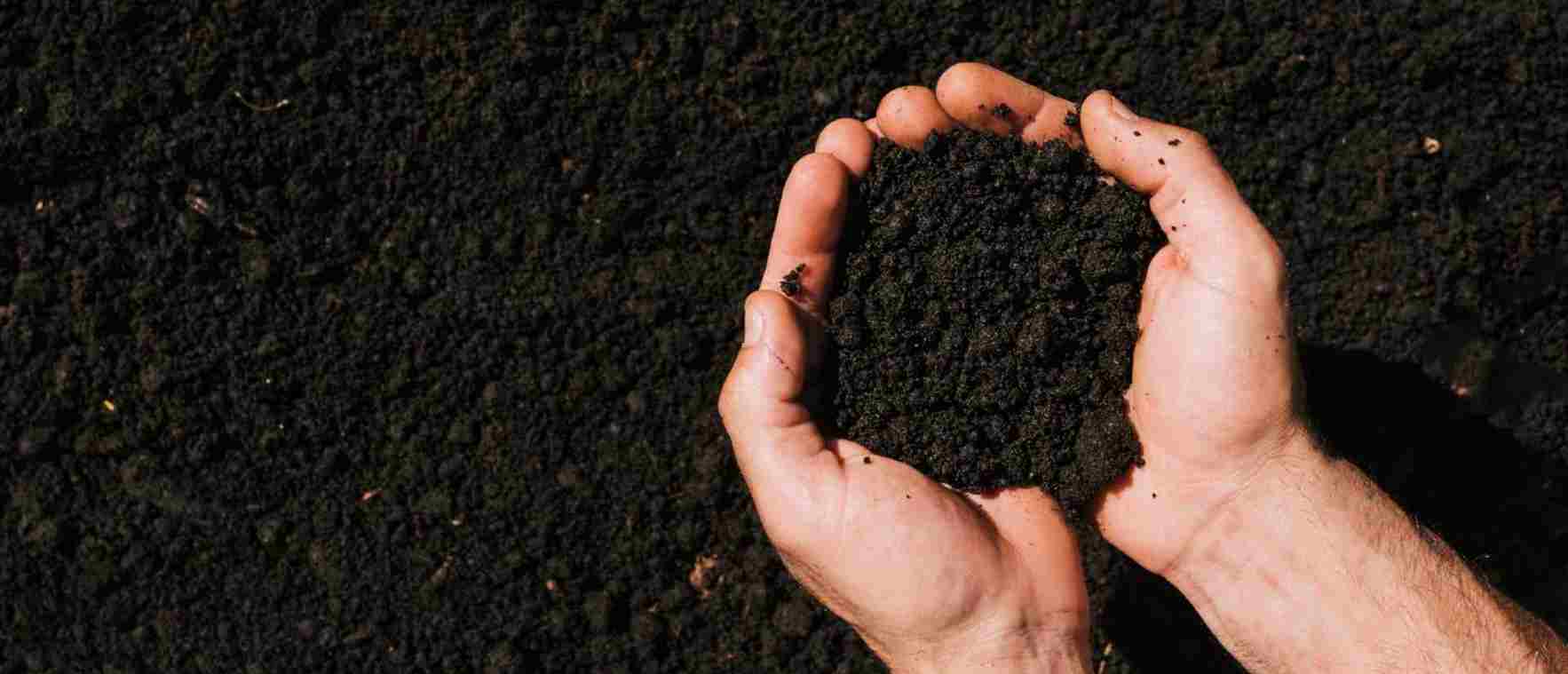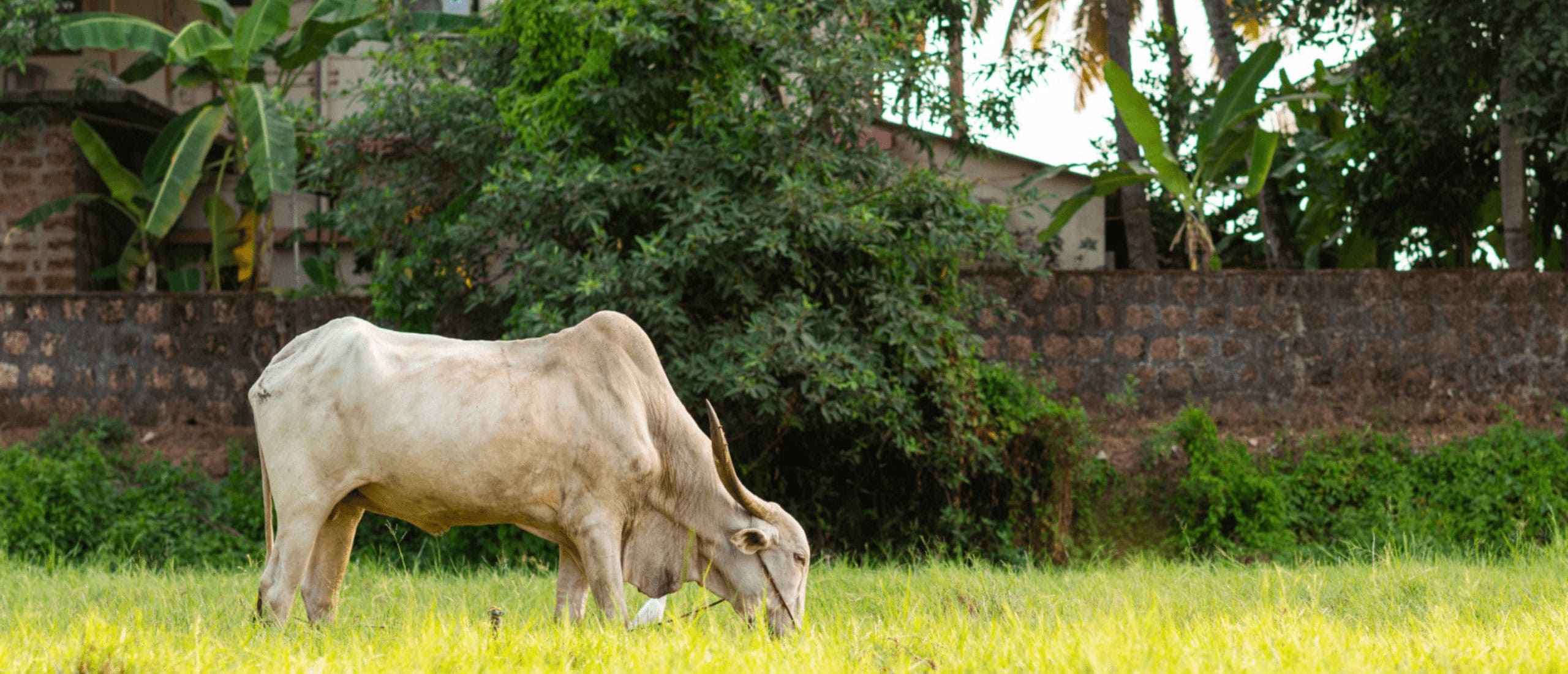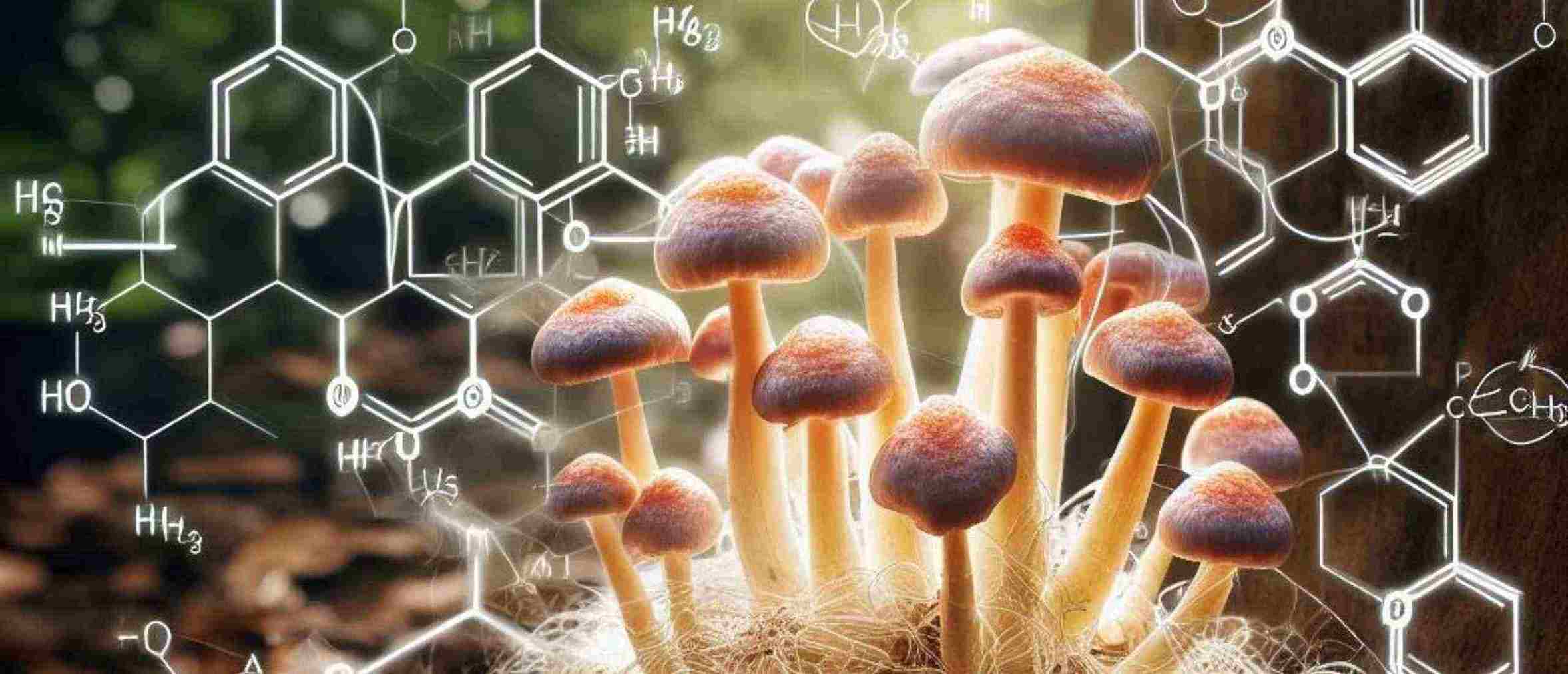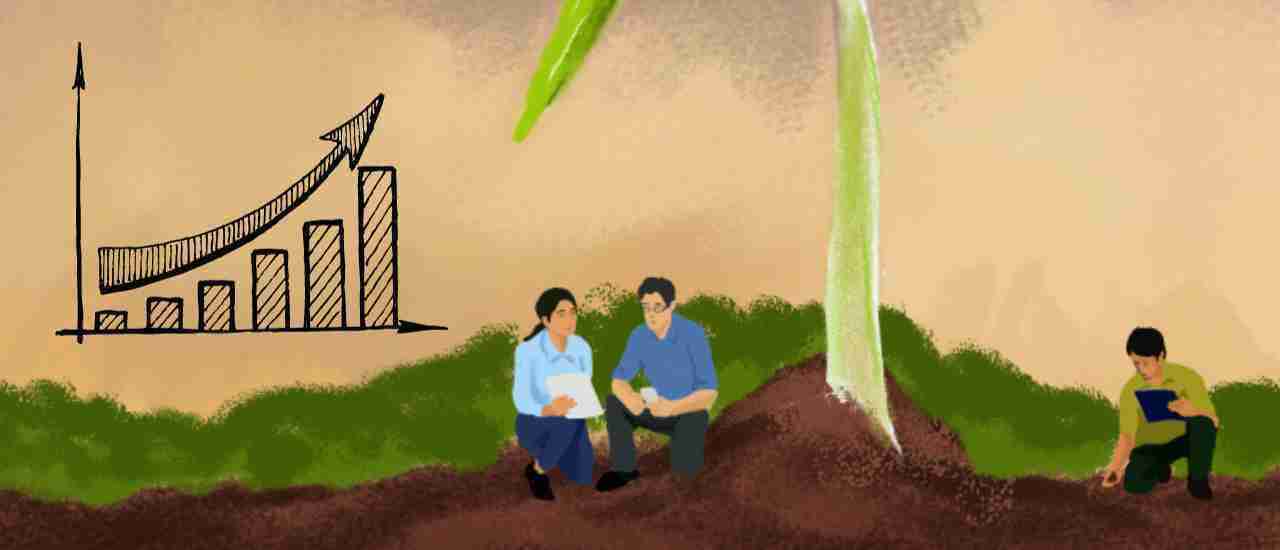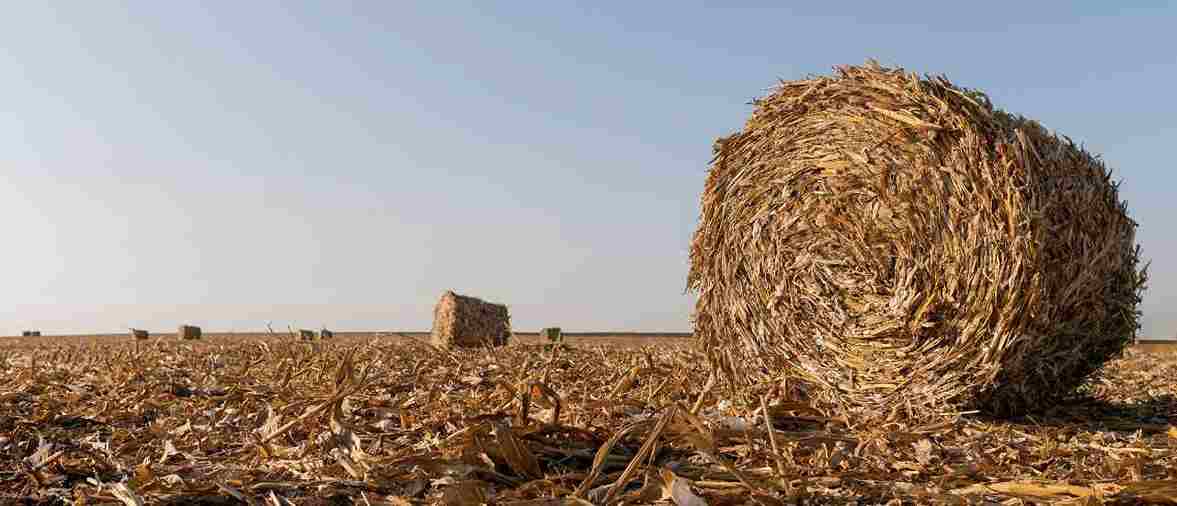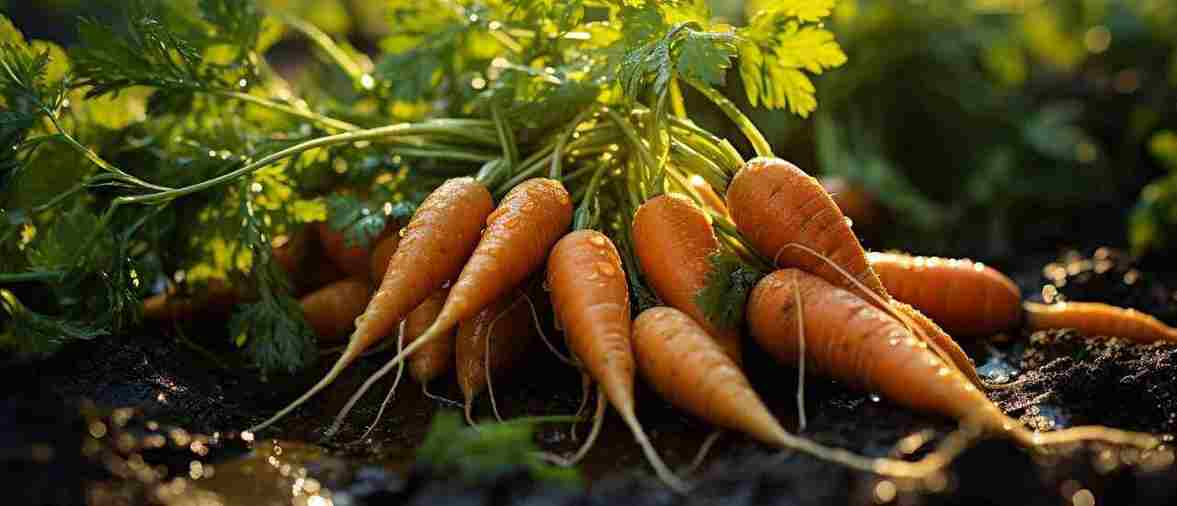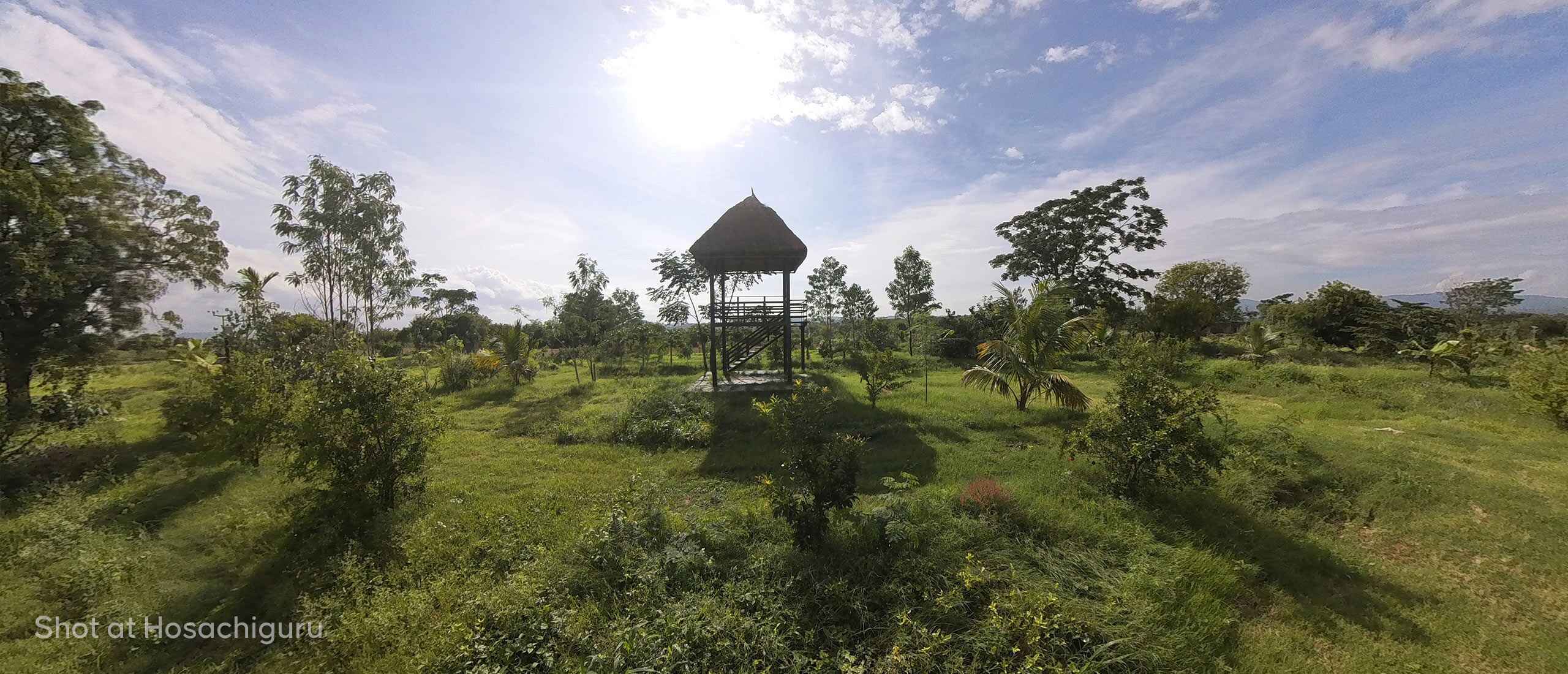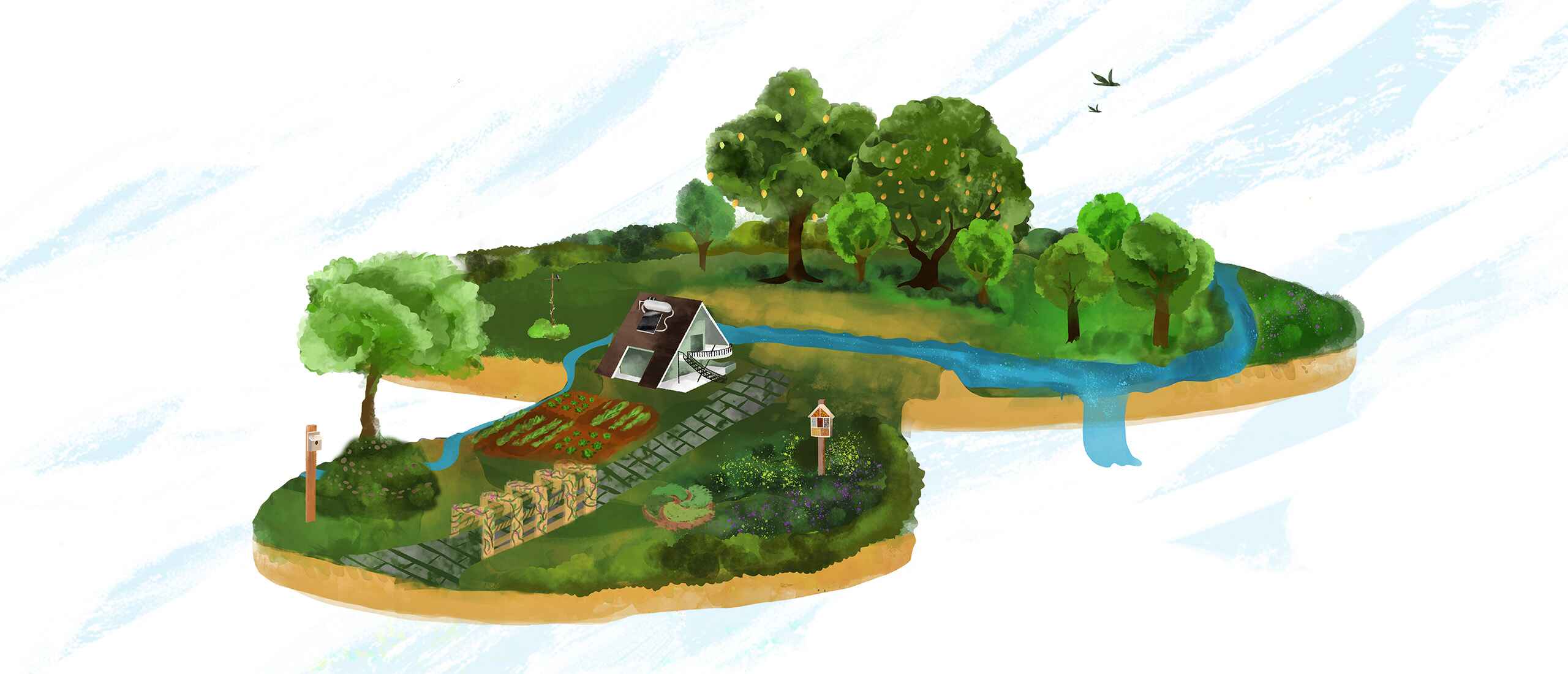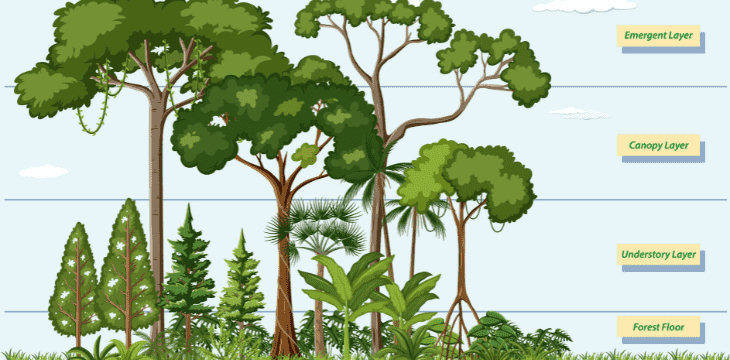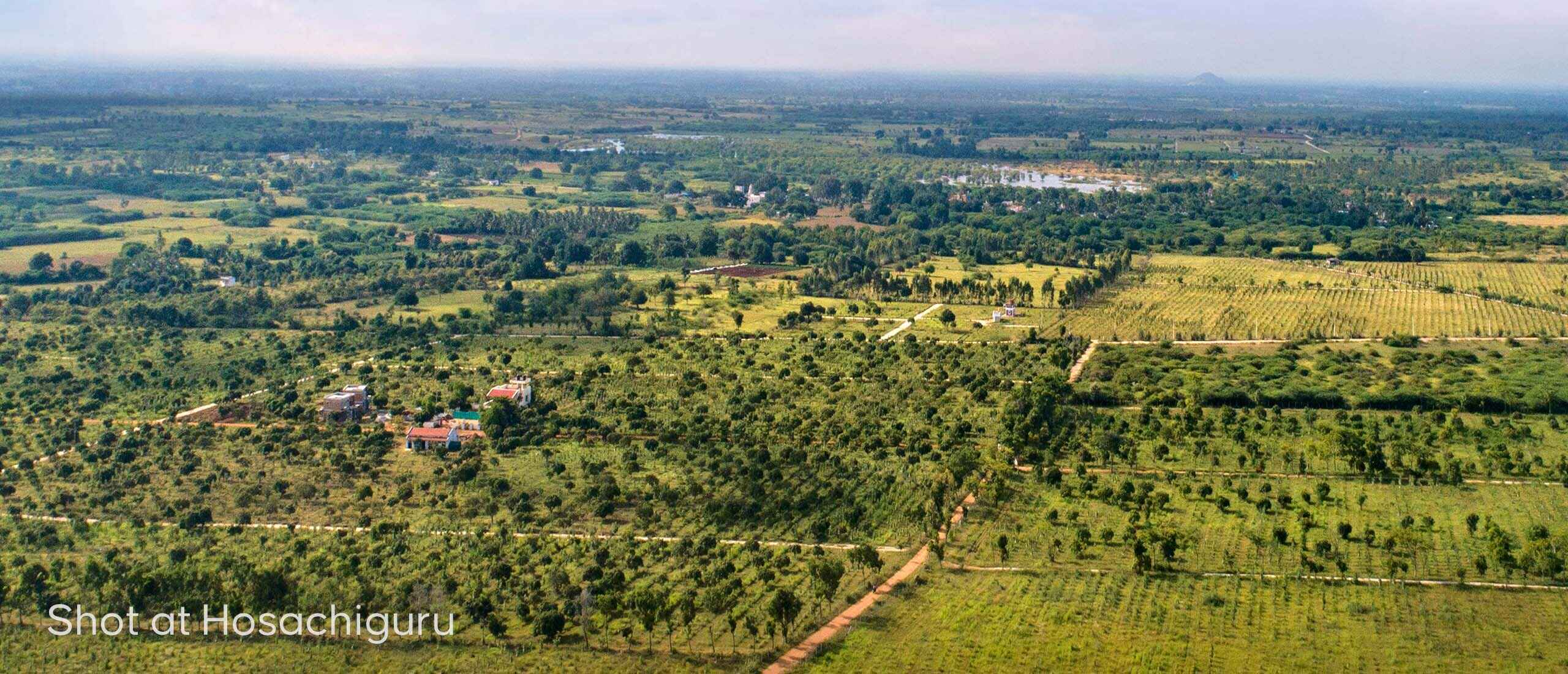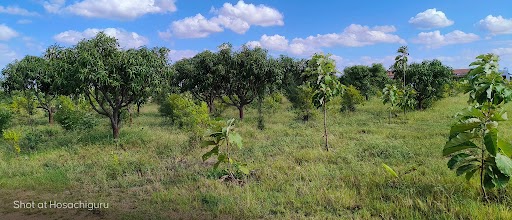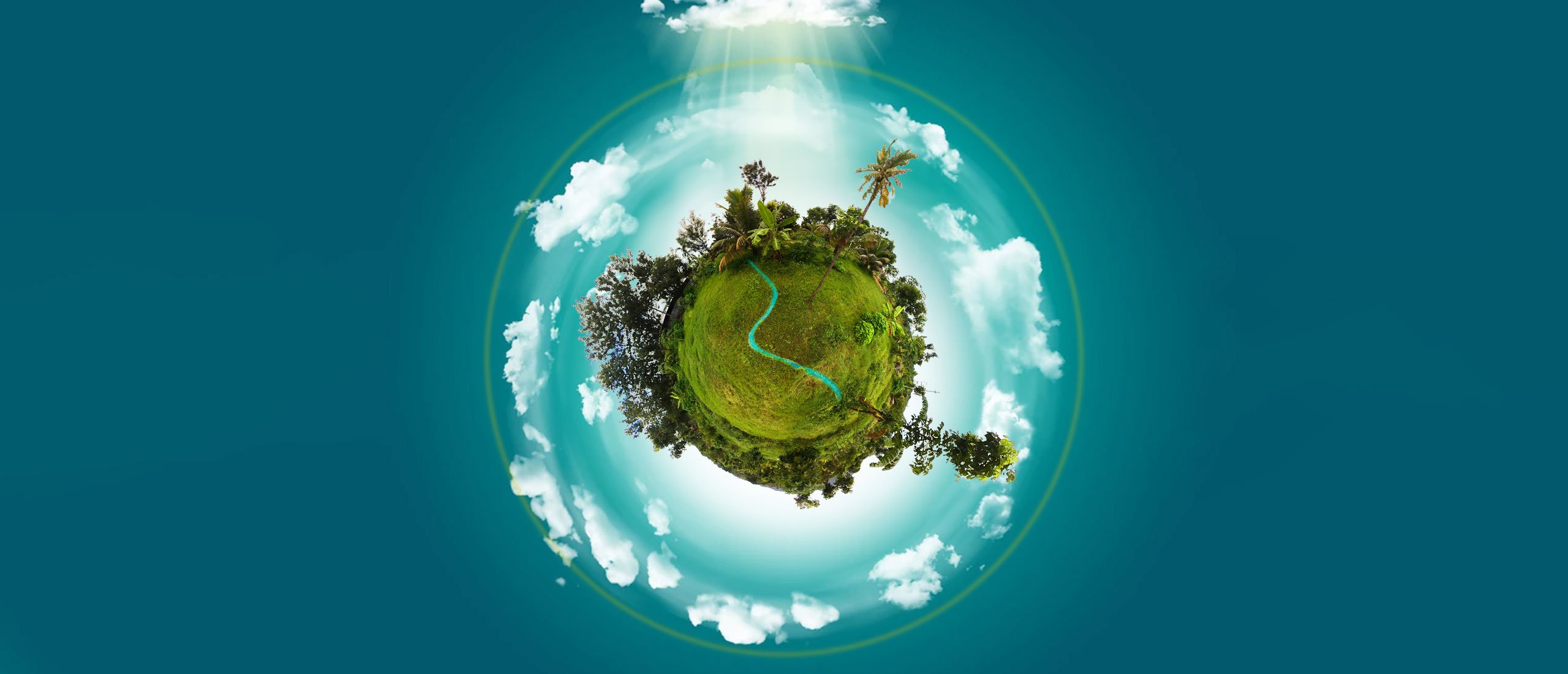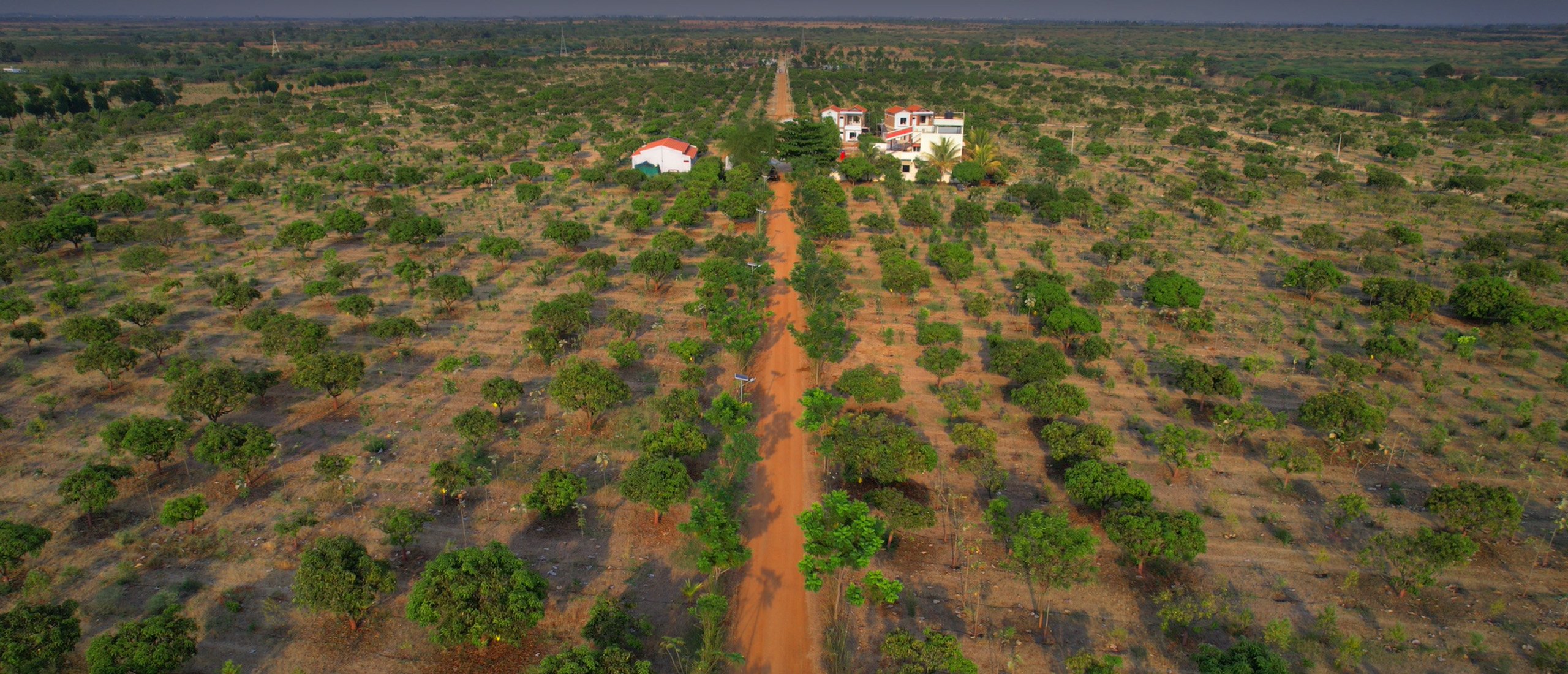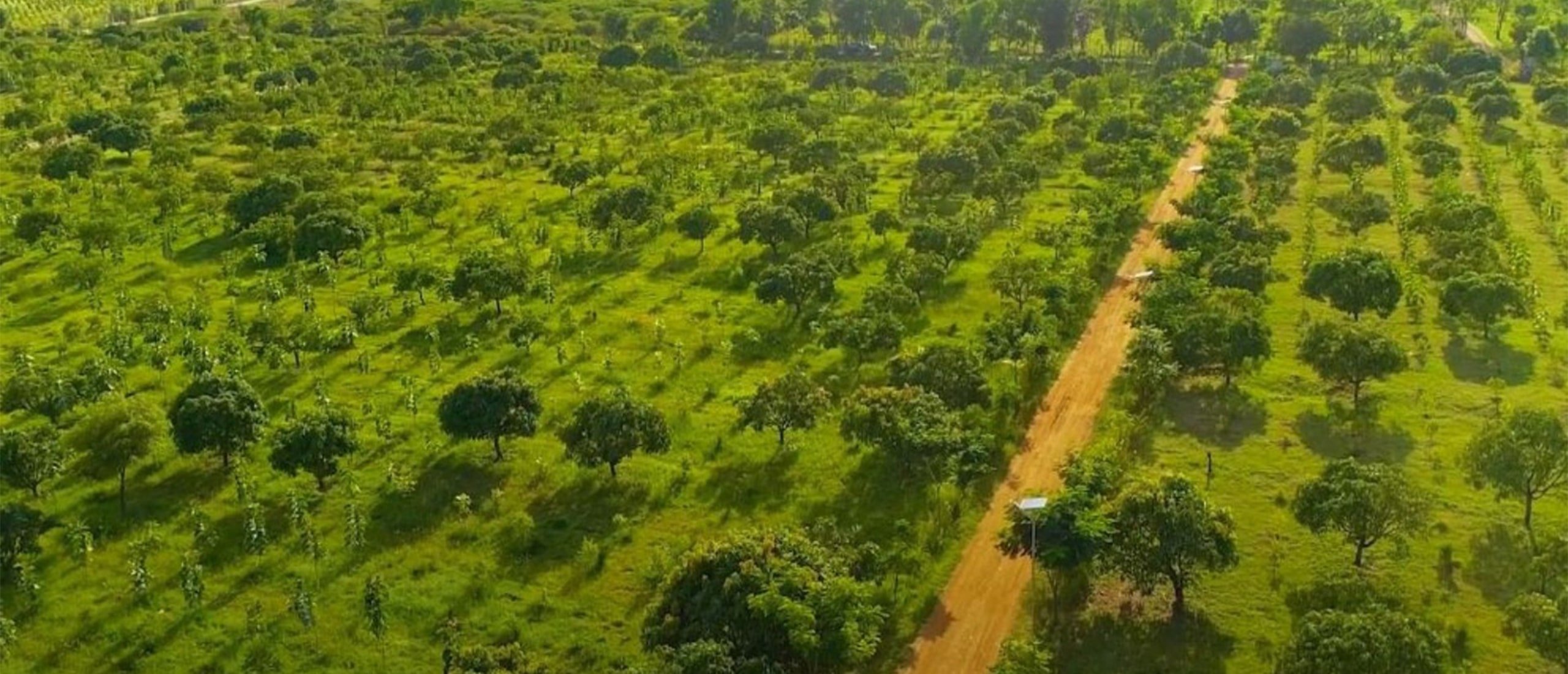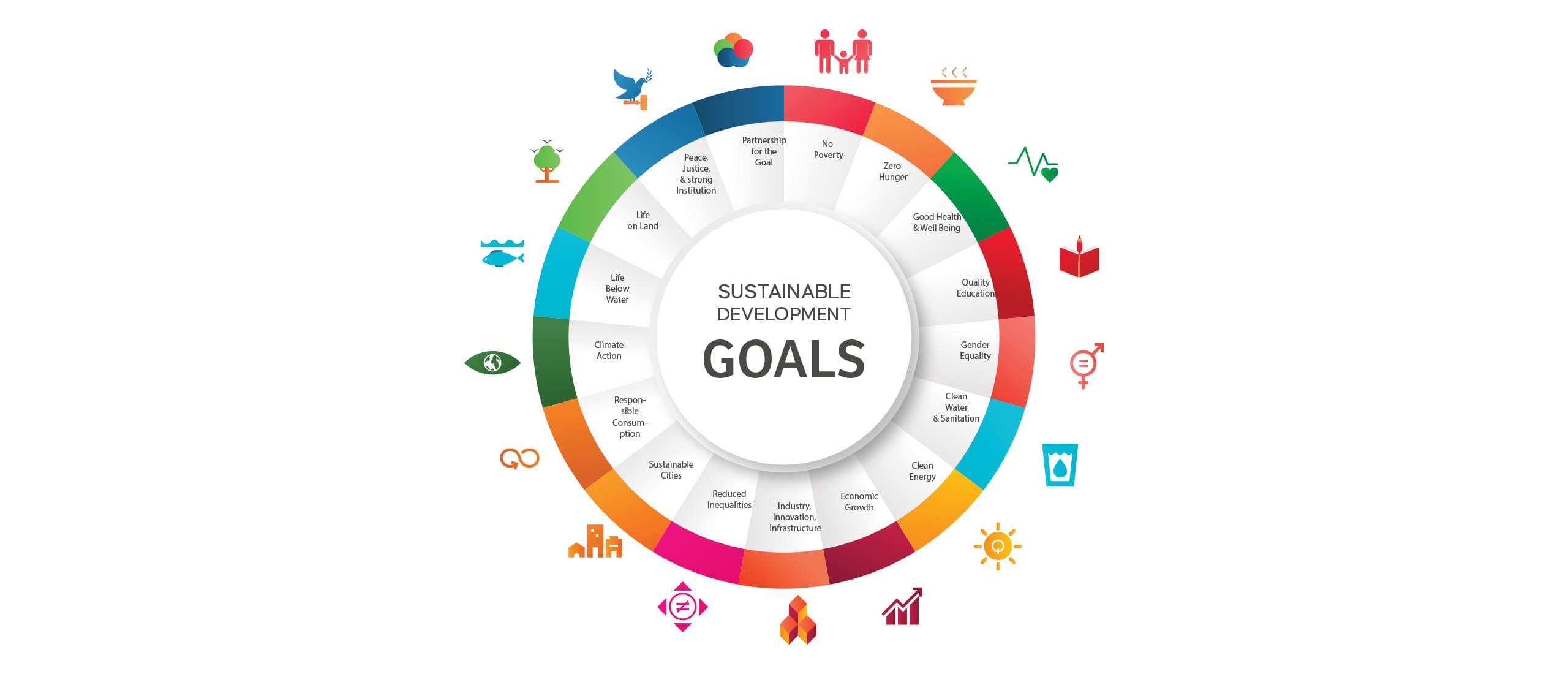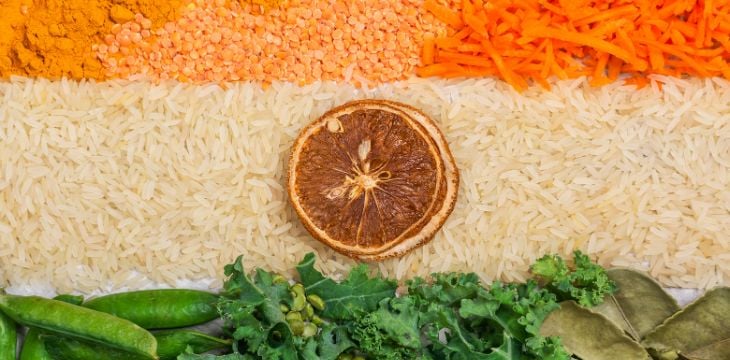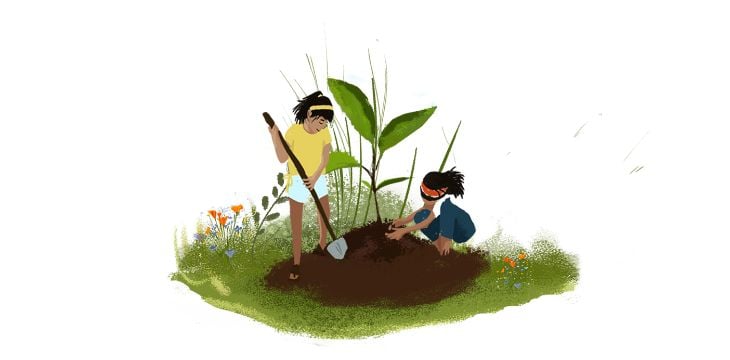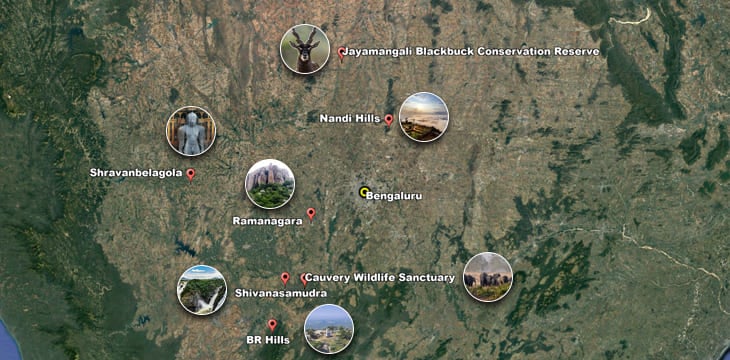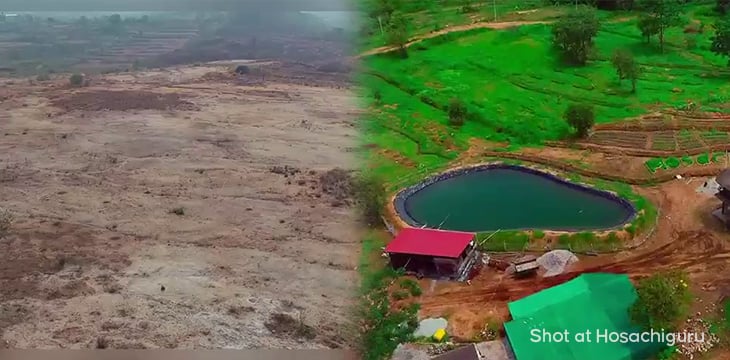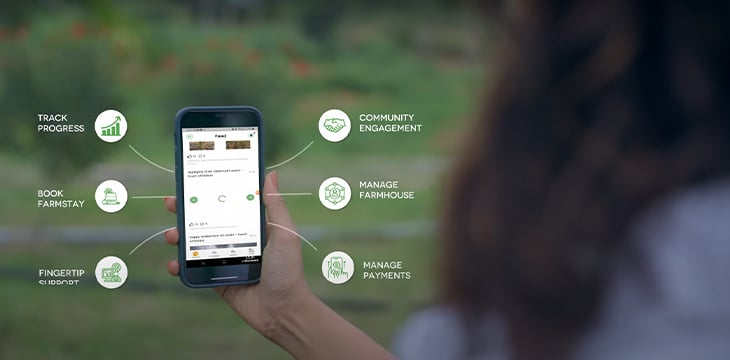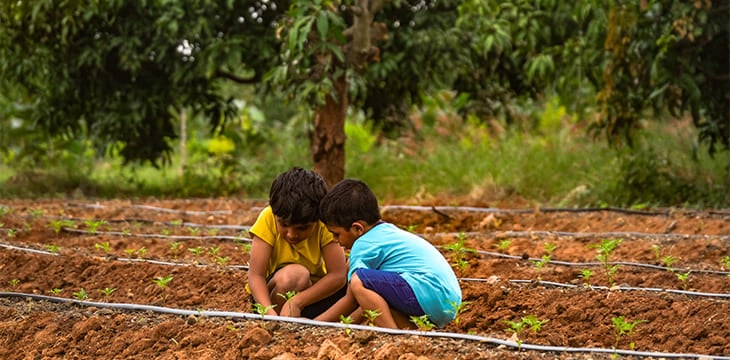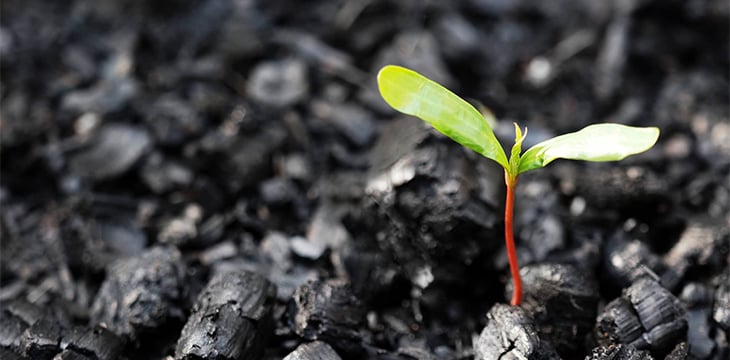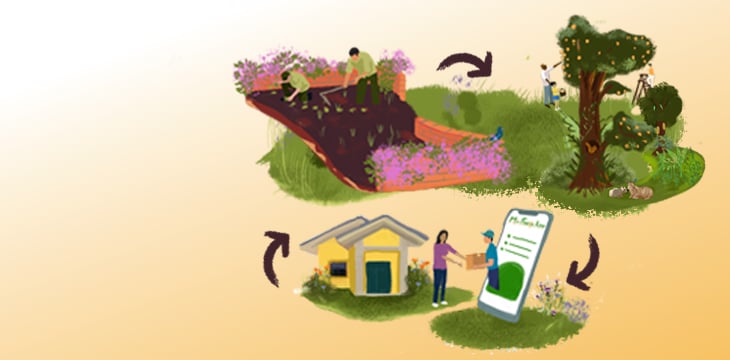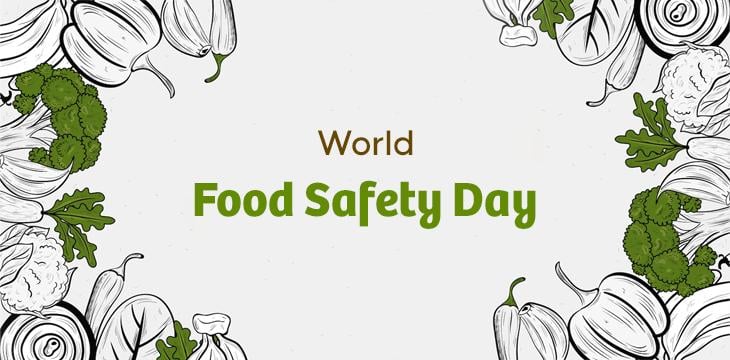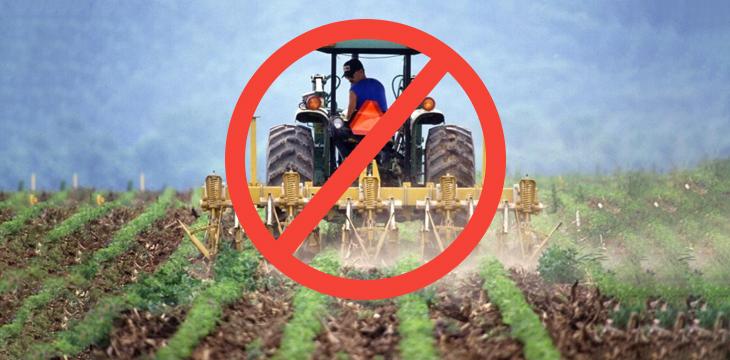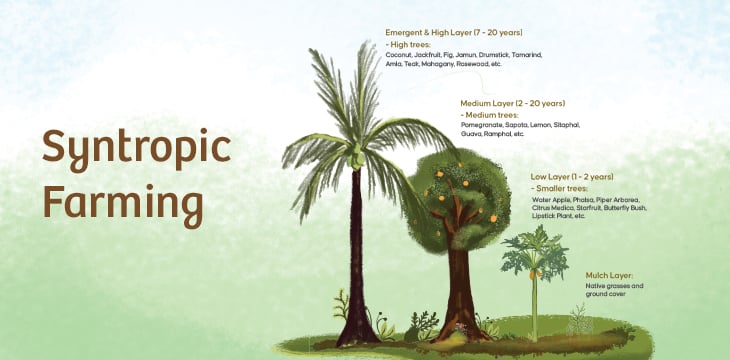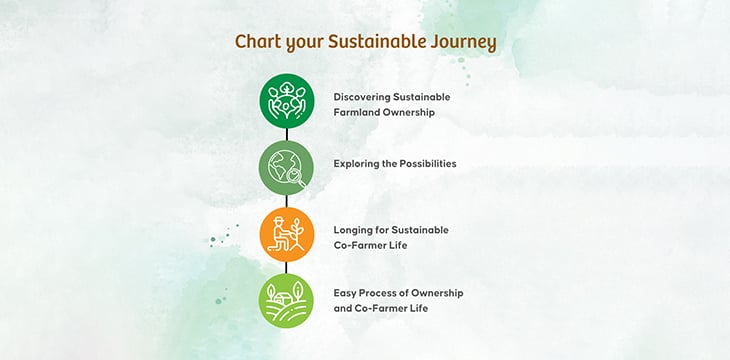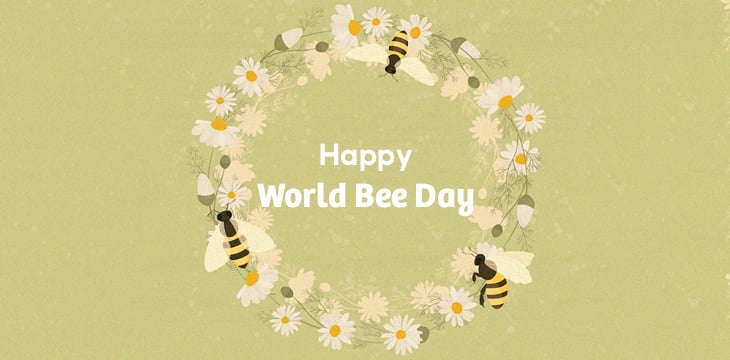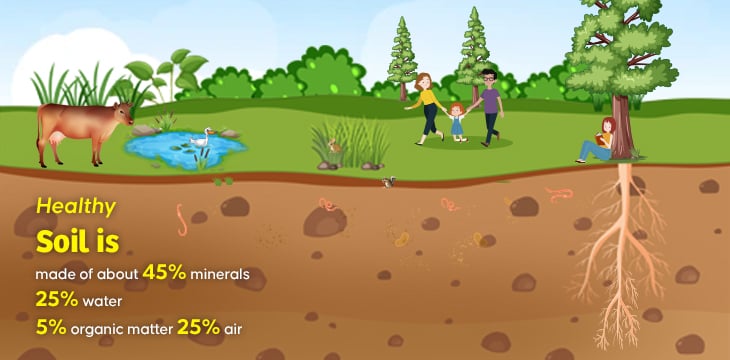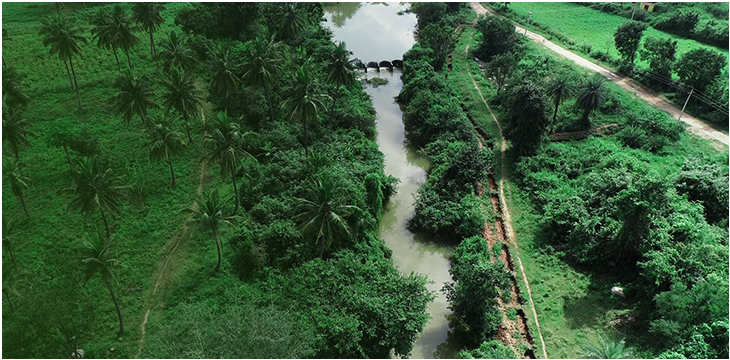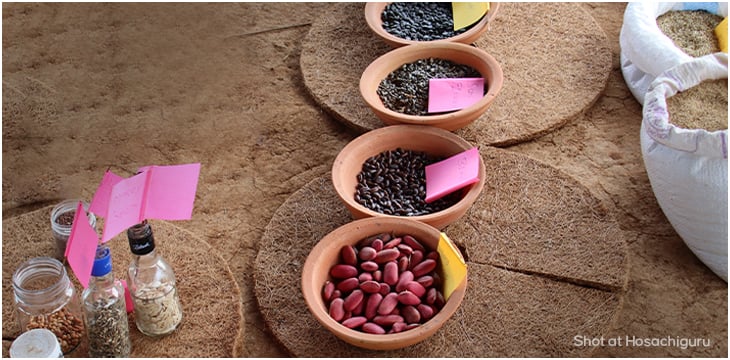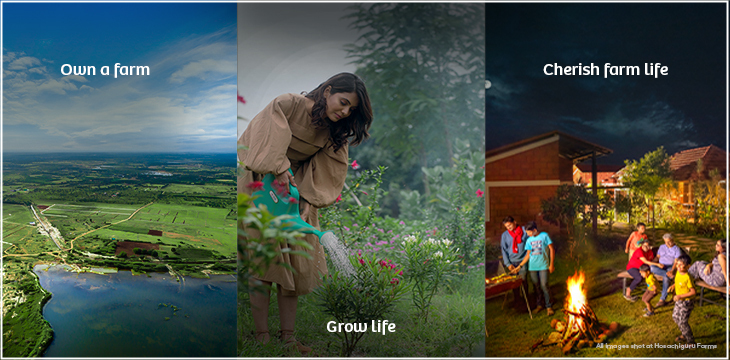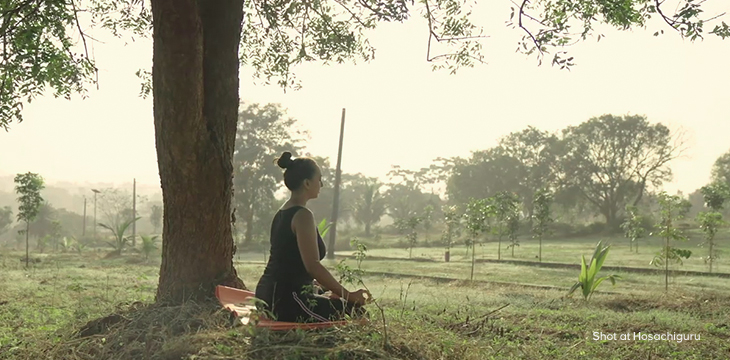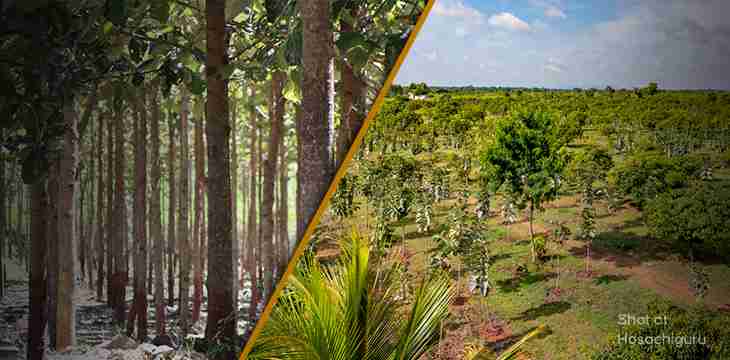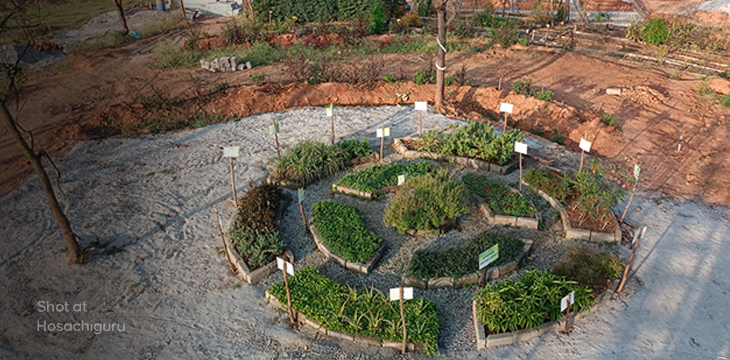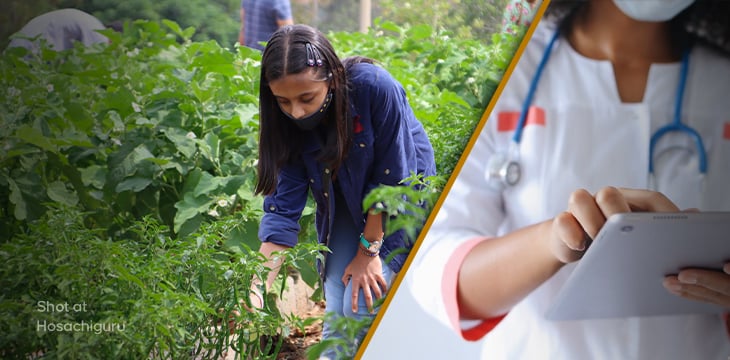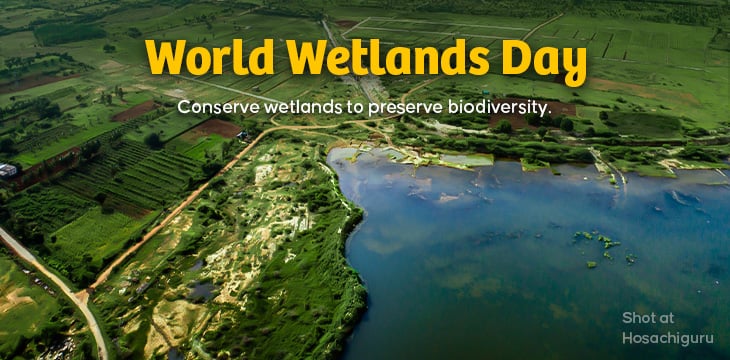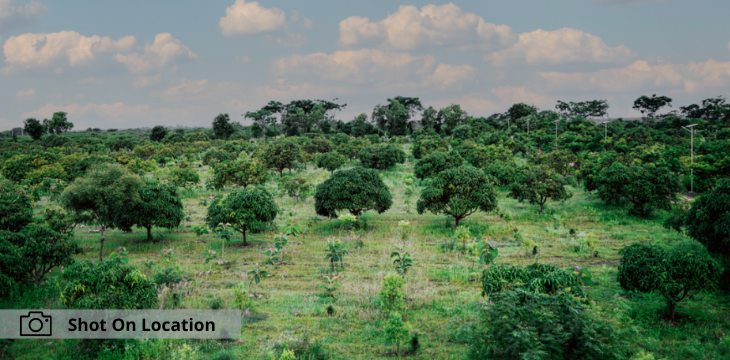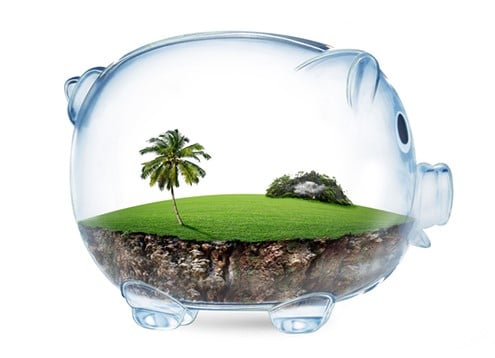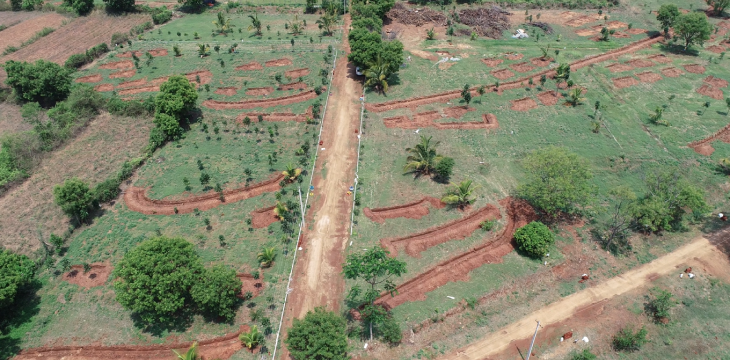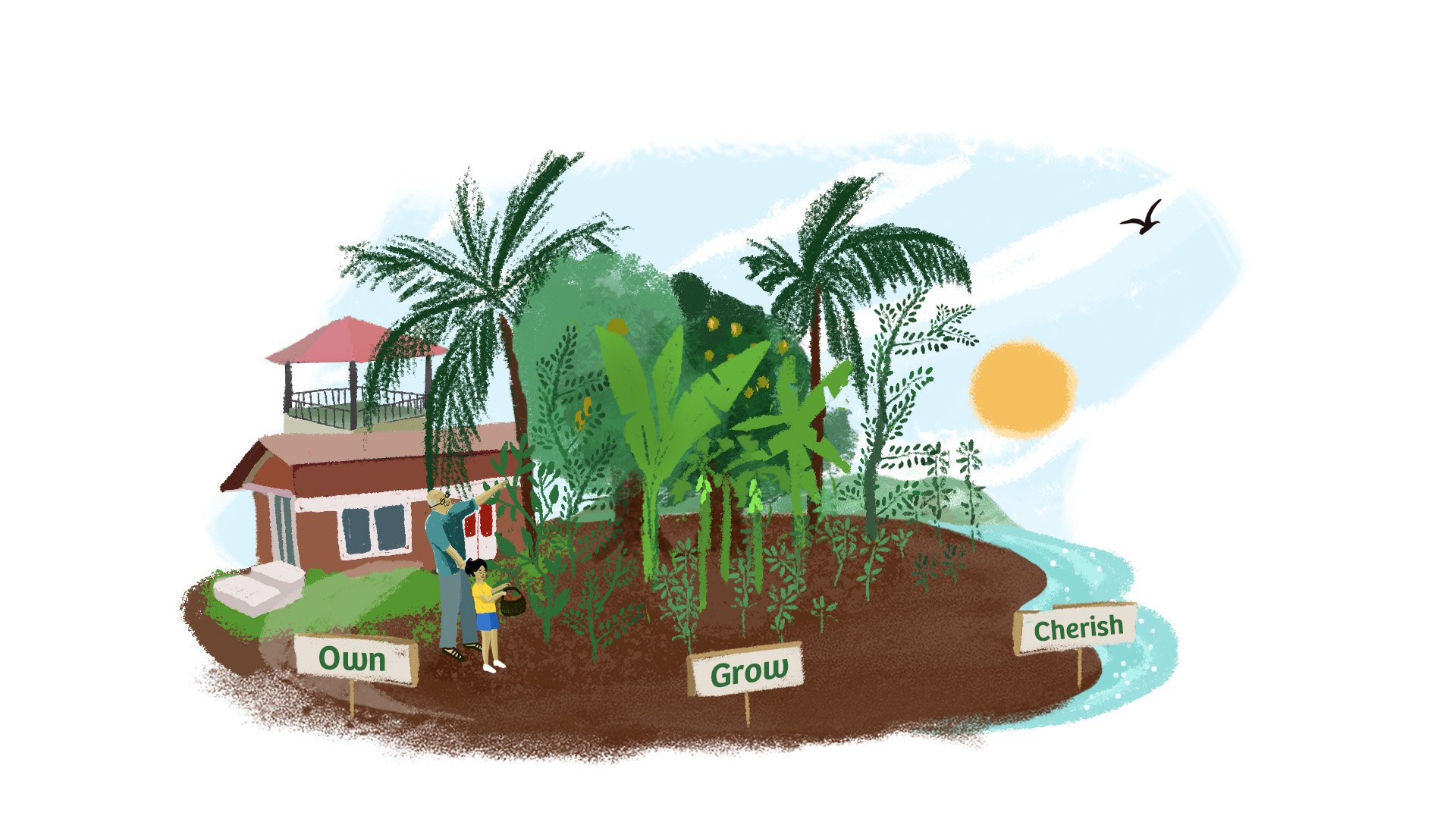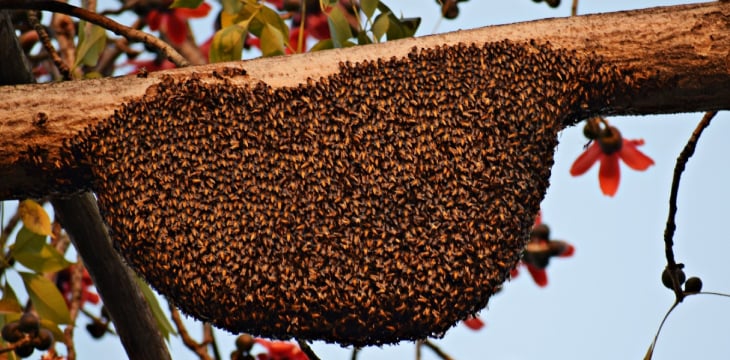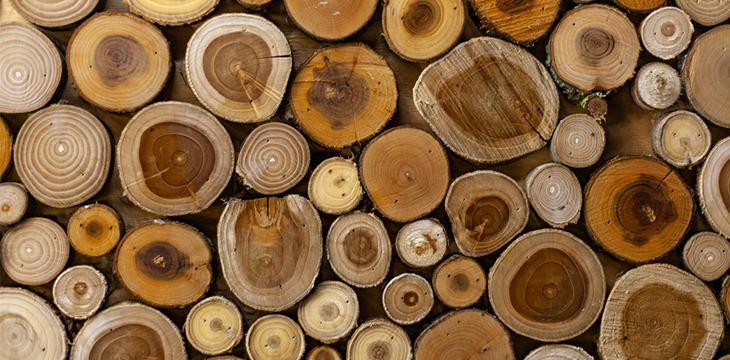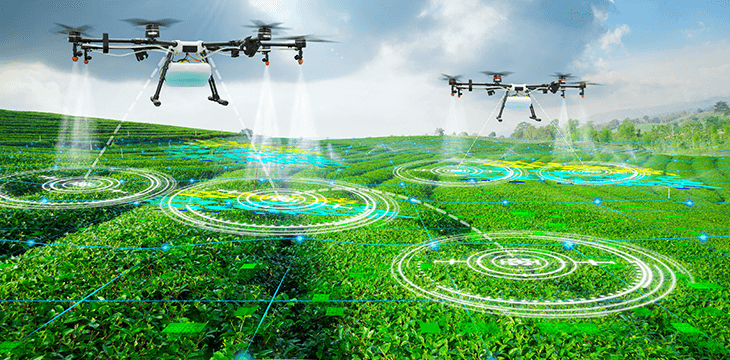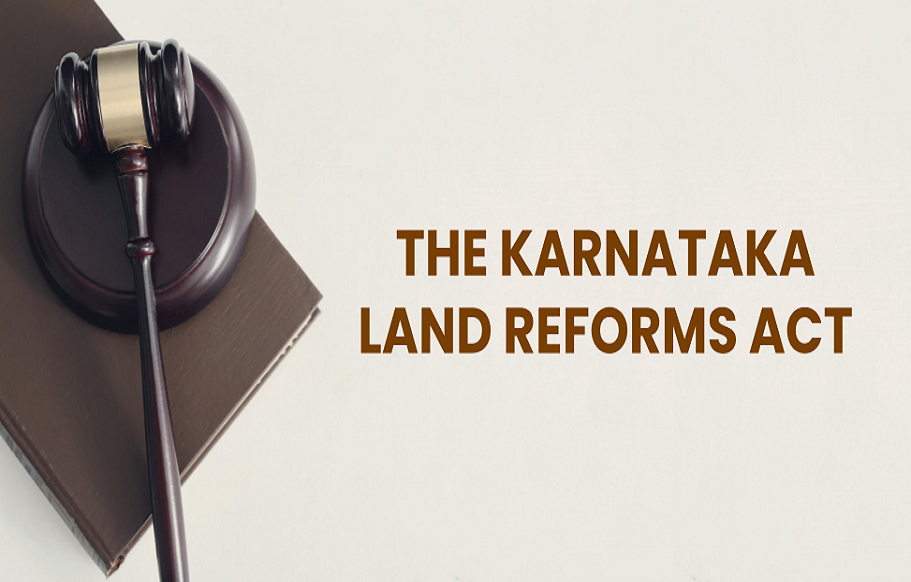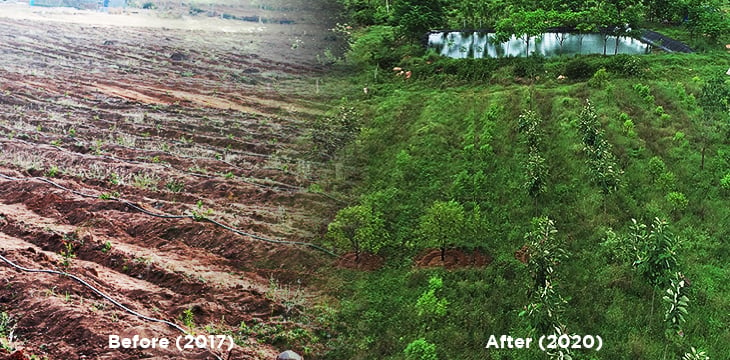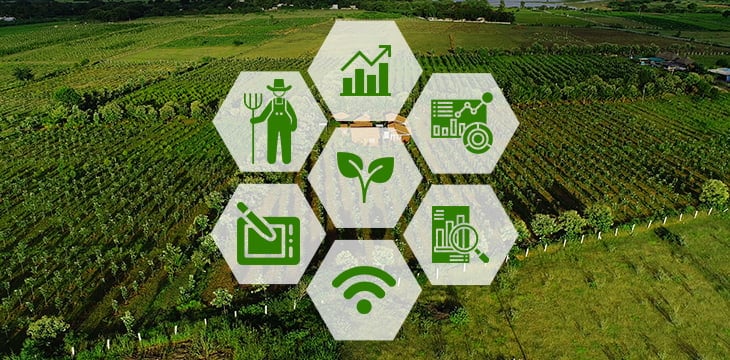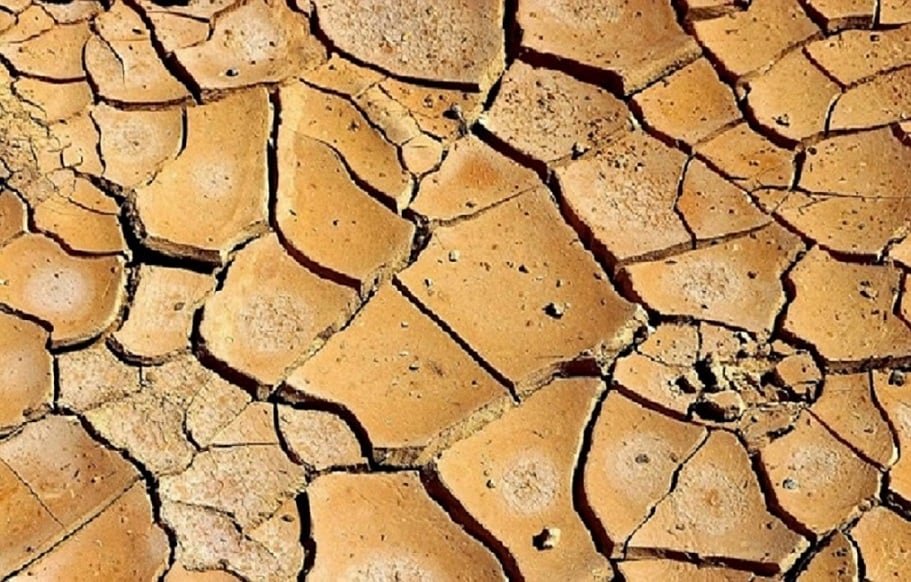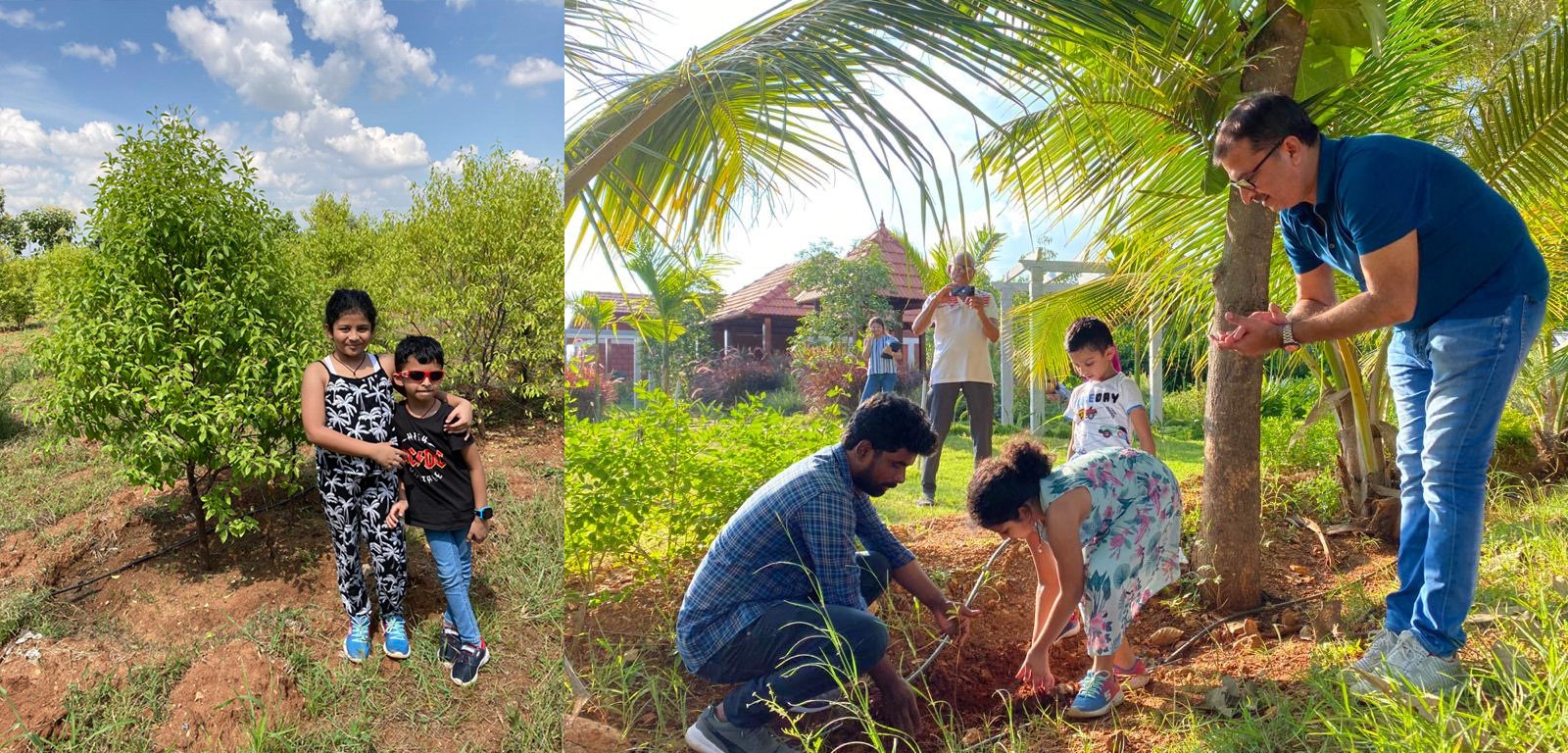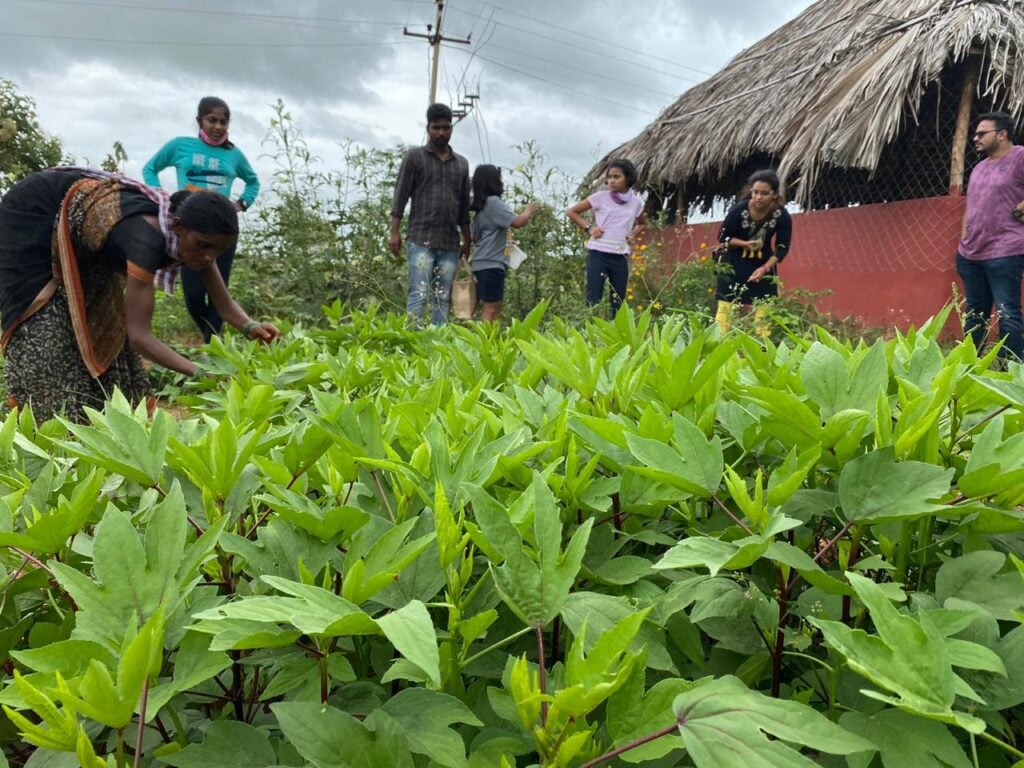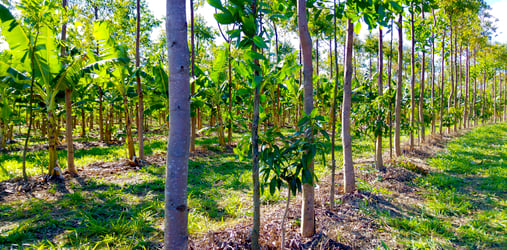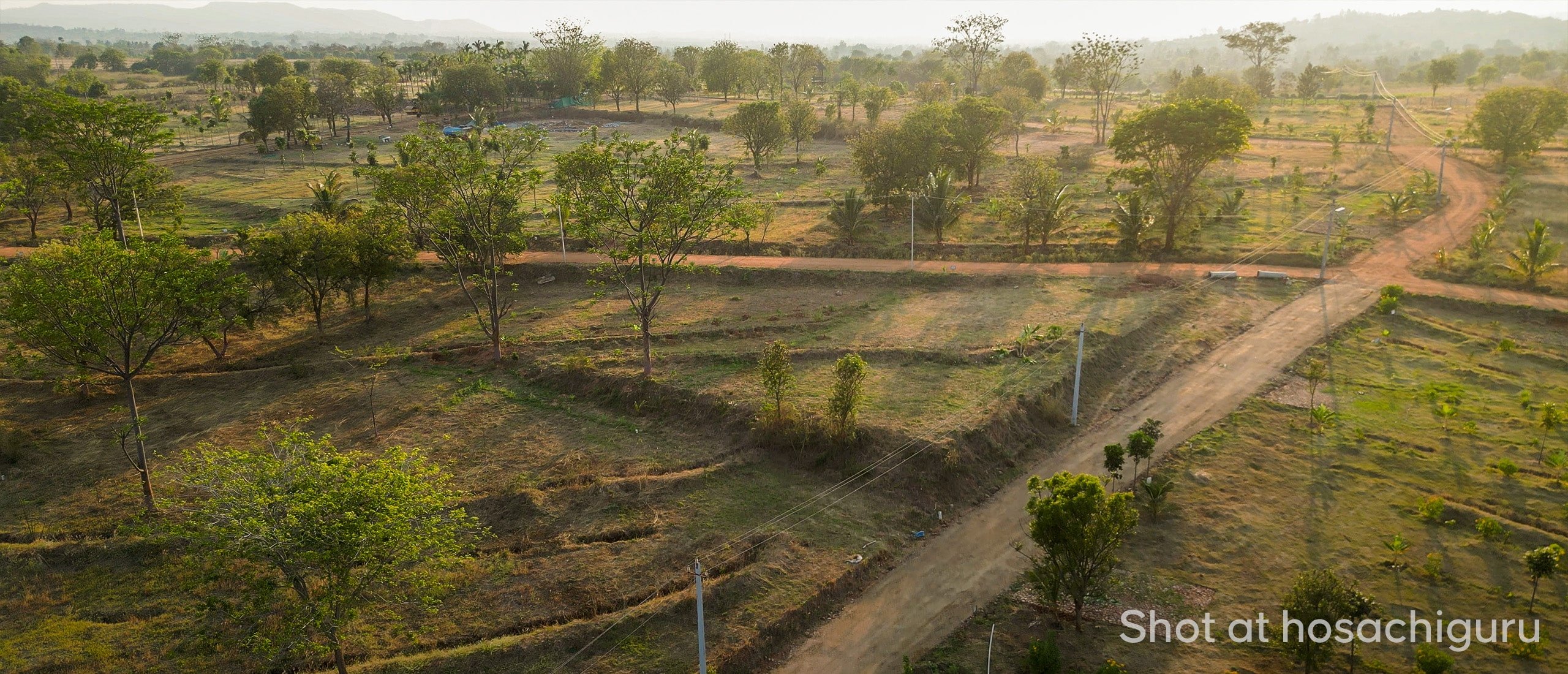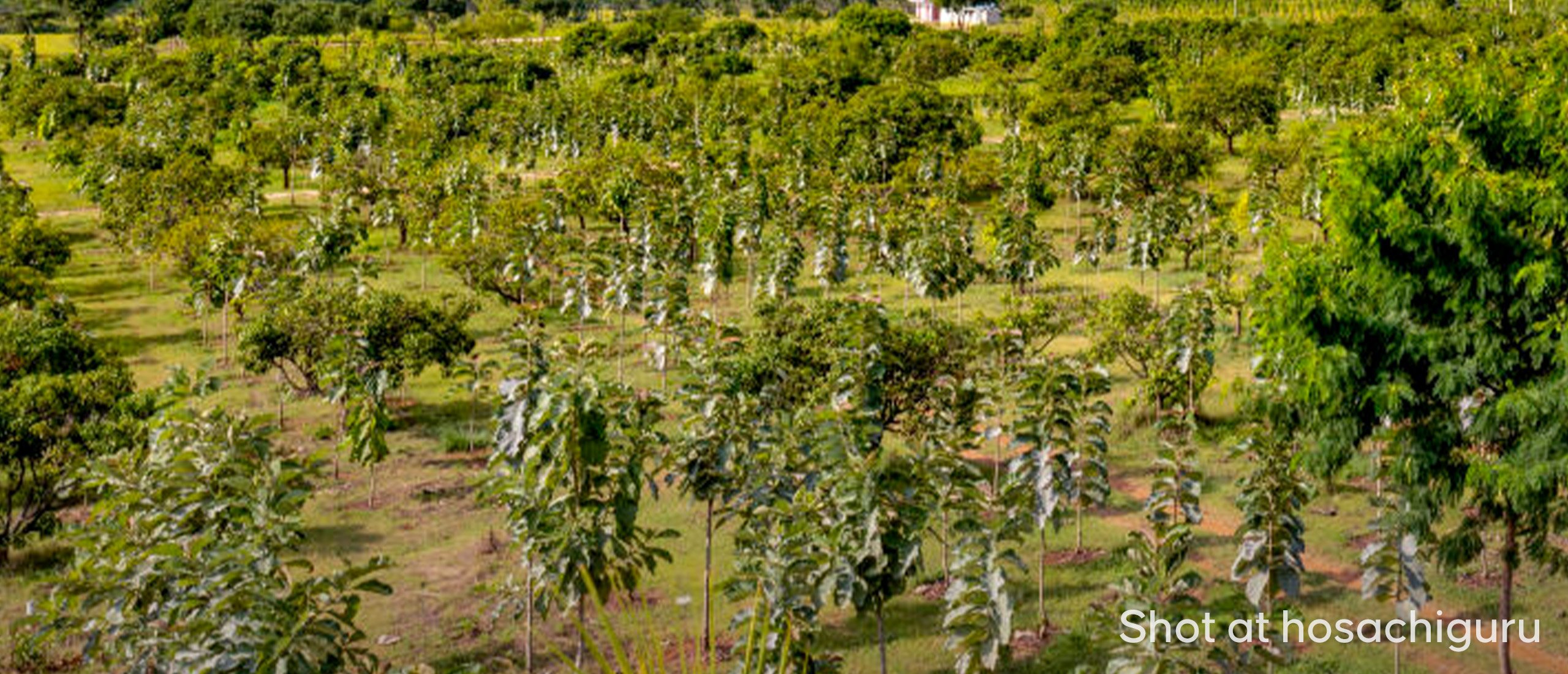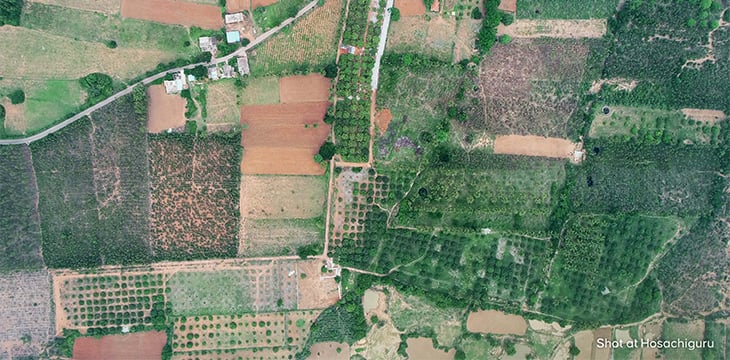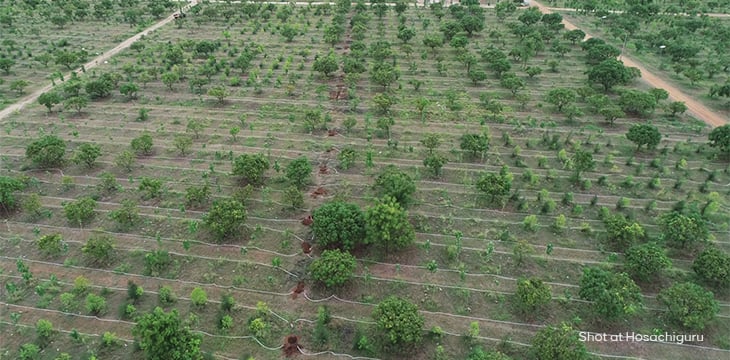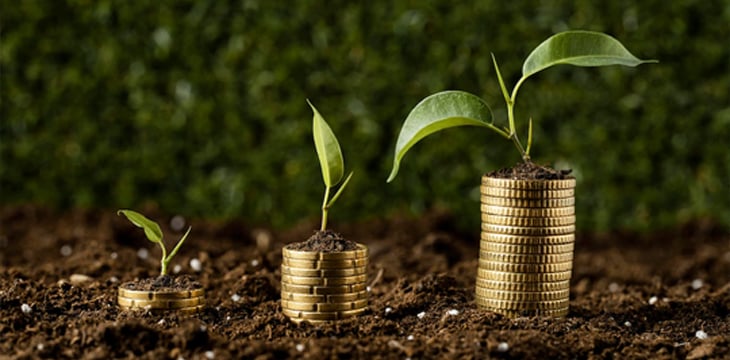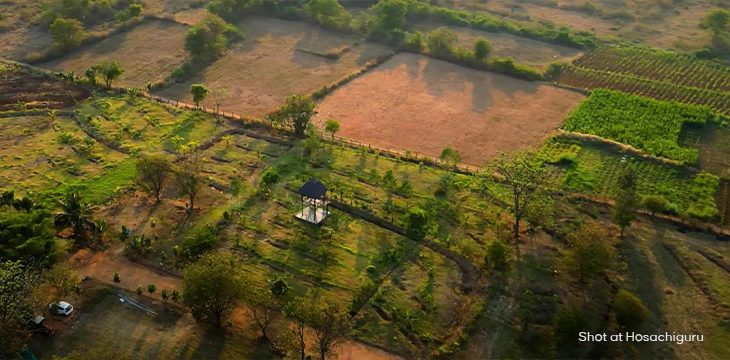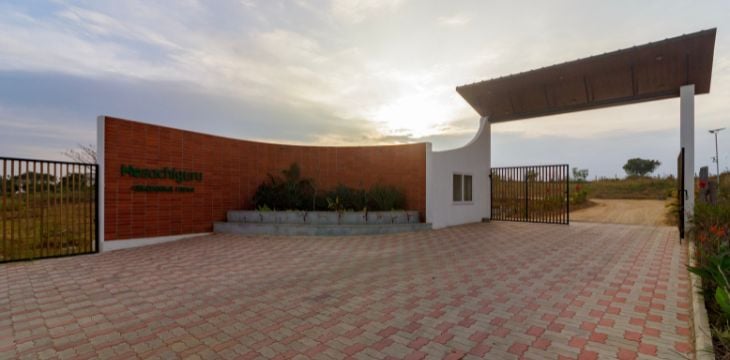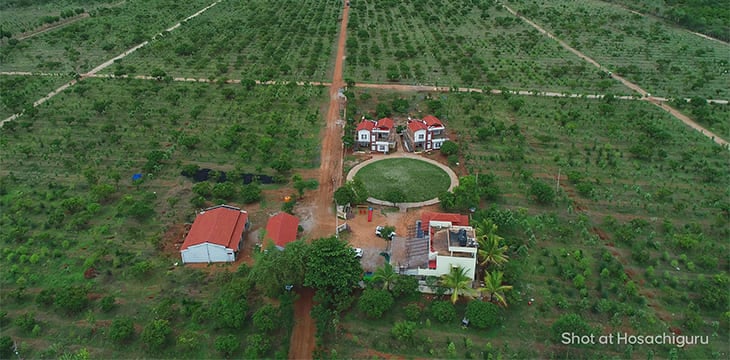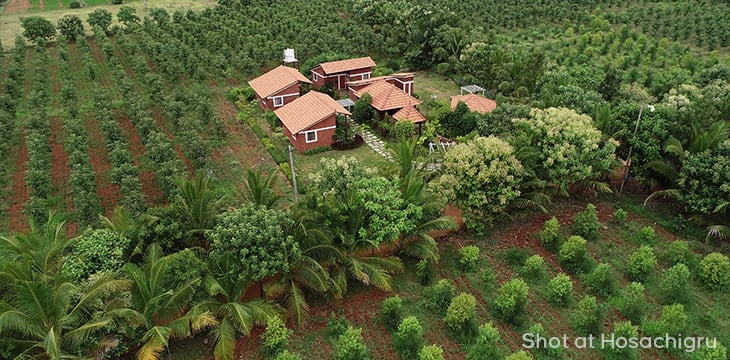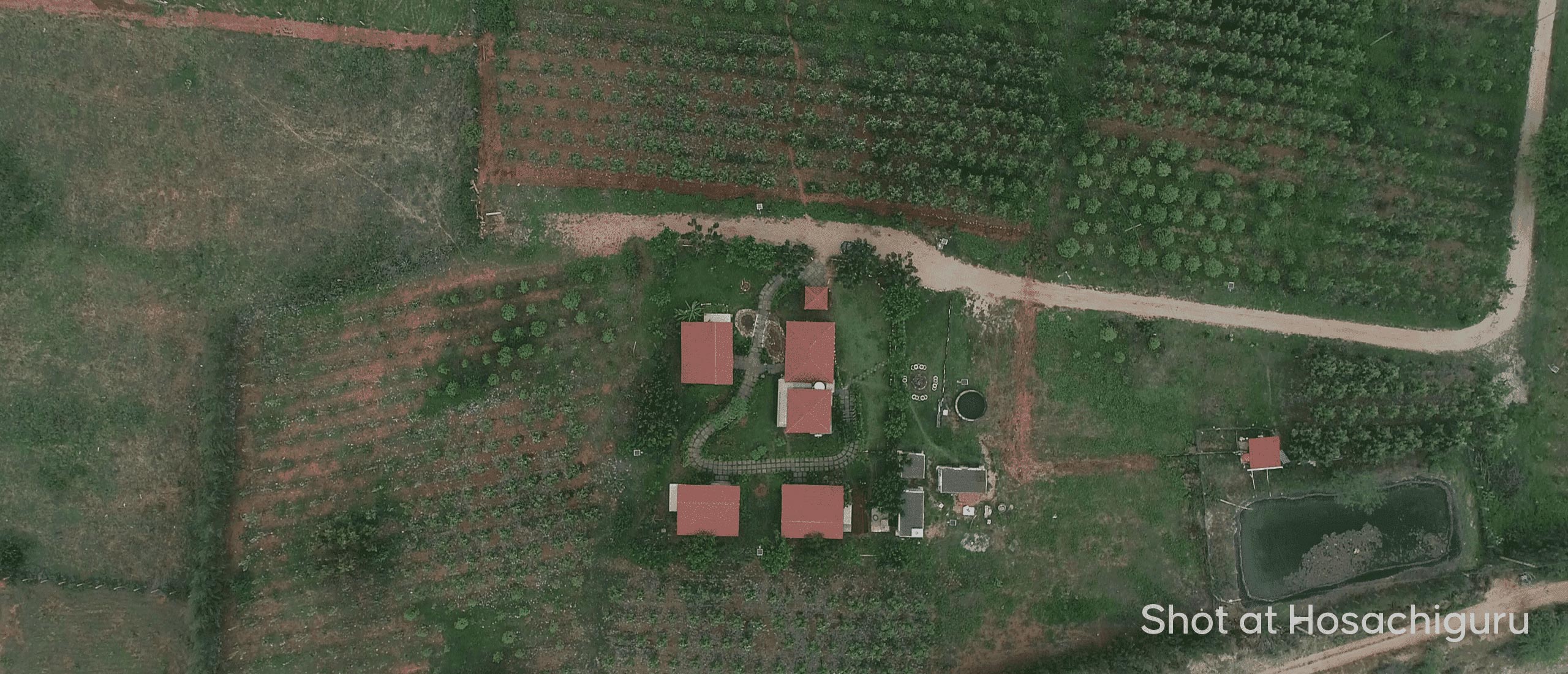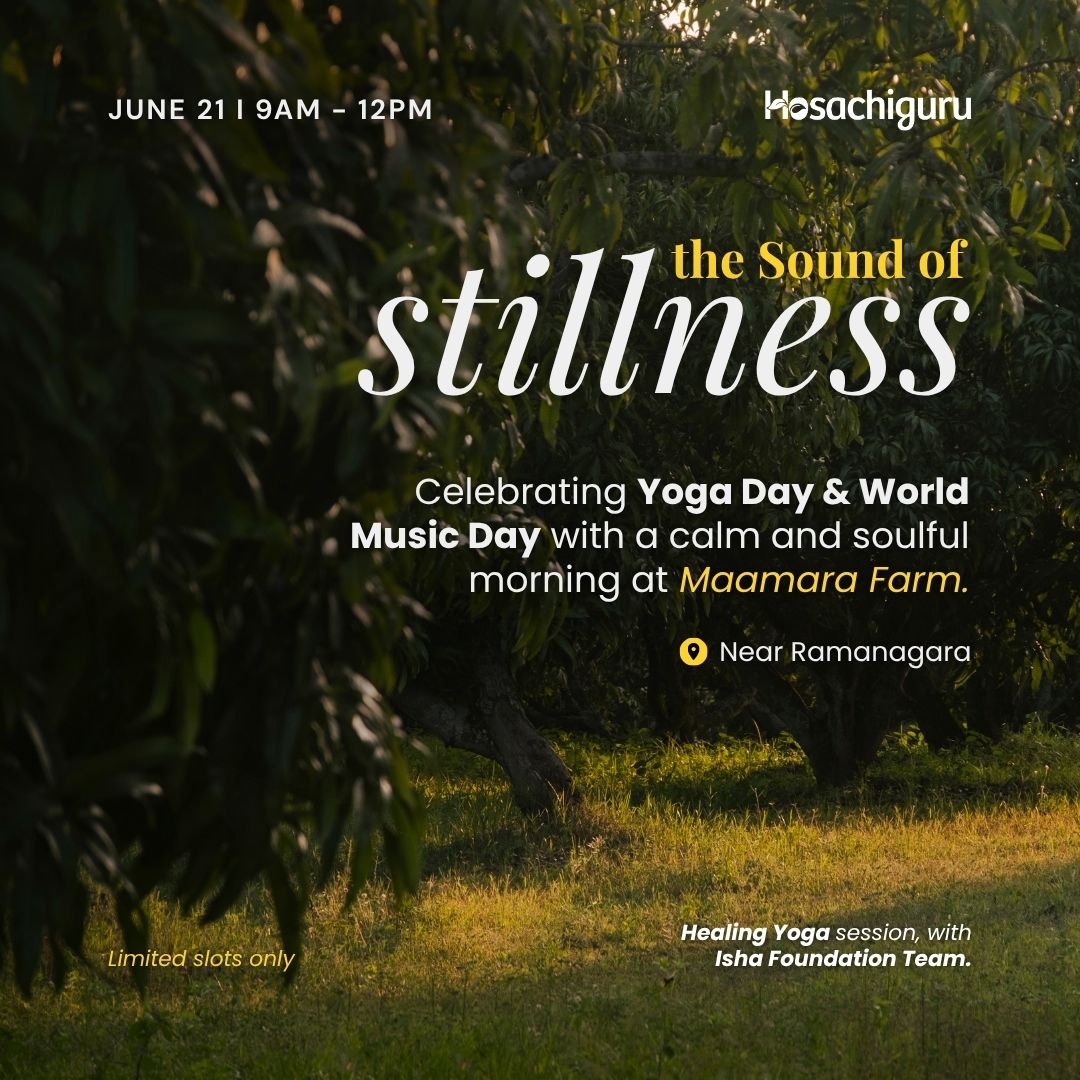September 17, 2024
Author – Anmol Agarwal
Read Time – 7 mins
Imagine standing before two rooms. Room A is in complete disarray—littered with plastic bottles, broken items, and rotting vegetable scraps. The air feels heavy, and the clutter is overwhelming. Now picture Room B—a sanctuary of cleanliness and order. Everything is neatly arranged, surfaces gleam, and the air is fresh. Given the choice, you’d instinctively pick Room B, drawn to its cleanliness and tranquility. We all naturally gravitate toward environments that are tidy, organized, and pleasant.
We take pride in keeping our living spaces tidy, but why don’t we extend that same care to our neighborhoods and the Earth—the home we share daily? Maintaining a spotless room means little if we step outside and add to the litter polluting our environment. The Earth is more than just a home; it’s essential to our survival, and the waste we generate doesn’t disappear—it accumulates and harms the entire planet.
World Cleanup Day, observed on the third Saturday of September, was born from this concern. In 2008, 50,000 Estonians united to clean up their country in just five hours, sparking a global movement that continues to inspire people worldwide to protect and restore the planet.
The Alarming Reality of Waste and Misconceptions That Fuel It
Did you know that the average person consumes 70,000 microplastics each year? Or that we generate around 40 million tonnes of electronic waste globally every year—that’s equivalent to discarding 800 laptops every second. These statistics are staggering, aren’t they?
One of the key reasons for the excessive accumulation of waste around us is the common misconceptions we hold about it.
Misconceptions Fueling Waste Accumulation
Myth: All Plastics Are Recyclable
Many believe all plastics can be recycled, but not all types are recyclable, and the process depends heavily on local facilities.
Myth: Composting Is Only for Gardeners
Composting is often seen as a gardener’s task, but it’s a practice everyone can and should adopt. It significantly reduces landfill waste and curbs greenhouse gas emissions.
Myth: Recycling Is the Ultimate Solution
While recycling is important, it’s not the most effective solution. Reducing and reusing are far more impactful as they prevent waste from being created in the first place.
Myth: Waste Segregation Is Too Complicated
Waste segregation might seem daunting, but with basic education, it becomes a simple yet powerful way to reduce pollution and promote recycling. Segregation starts at every individual.
Myth: Biodegradable Equals Environmentally Friendly
Not all biodegradable items are eco-friendly. Compostable products, however, break down into non-toxic components, making them a safer option.
Myth: All Organic Waste Can Be Composted
Though composting is beneficial, not all organic waste is suitable. Items like meat and dairy can attract pests and cause odor, so the process becomes complex.
Myth: Waste Disappears After Collection
Many think waste simply vanishes once collected, but it often ends up in landfills, incinerators, or recycling centers, each with significant environmental consequences. Incineration, for instance, releases harmful pollutants, making it a less sustainable option.Myth: Landfills Are Harmless
Landfills are far from benign; they pose serious environmental risks, including groundwater contamination and the release of toxic gases.
Myth: Waste Segregation Isn’t My Responsibility
Some believe that waste segregation isn’t their problem or that small items don’t matter. However, individual actions are critical to effective waste management and reducing pollution.
We at Hosachiguru understand our role in maintaining hygiene around us and we are committed to responsible waste management, first by reducing the inputs. Then by recycling all waste from our farms and actively involving our community in these efforts. This pledge reflects our dedication to a sustainable future, ensuring that our actions positively impact the environment and support those around us.
To strengthen this commitment, we have partnered with Hasiru Dala Innovations, a renowned organization focused on eliminating waste and empowering waste pickers through innovative and inclusive business models. Together, we will implement responsible waste management practices across our farmlands and educate our staff and Co-Farmers on the importance of reducing, reusing, and recycling.
As our farms grow, this collaboration ensures that we maintain sustainable practices, minimize our environmental impact, and promote a healthier ecosystem. We also urge all our visitors to take any non-biodegradable materials back to the city for proper disposal, as it is our shared responsibility to keep our farms and the planet clean.
Along with this we practice the concept of Zero Waste that centers around the 5Rs: Refuse, Reduce, Reuse, Repurpose and Recycle, which, when applied to agriculture, foster a sustainable and efficient farming system that minimizes waste and promotes environmental health.
Refuse: Avoid synthetic fertilizers and pesticides, opting for organic alternatives from plants and animals to protect soil and water.
Reduce: Minimize resource consumption and waste generation; maintaining biodiversity helps keep soil fertile and reduces chemical use.
Reuse: Repurpose organic waste, such as crop residues and manure, as compost or mulch, enriching soil nutrients and boosting productivity.
Repurpose: Repurpose plastic containers into reusable materials such as for growing young plants in nursery.
Recycle: Compost organic materials to create nutrient-rich soil, enhancing soil structure, water retention, and microbial activity, leading to sustainable farming, and practice water recycling through rainwater harvesting.
Declutter Your World: Embrace the ‘Make Room for Life’ Movement.
Mahatma Gandhi once said, “Sanitation is more important than Independence,” a statement that holds profound significance. While he dedicated his life to fighting for freedom, Gandhi recognized that without cleanliness, the very foundation of independence is compromised.
Even research supports this, revealing that cluttered and unsanitary environments can overwhelm our visual cortex, leading to mental confusion and reduced focus. Sanitation, therefore, is not just a personal responsibility but a communal one that reflects our interconnectedness. While independence emphasizes individual freedom, sanitation honors the collective, ensuring that everyone can enjoy their autonomy in a clean, healthy environment. This balance between personal freedom and communal responsibility is essential for upholding the true spirit of independence and building a thriving society.
World Cleanup Day is a powerful global movement that unites people across borders, cultures, and even conflicts to address the global waste crisis. It highlights the collective strength we possess when we come together for a common cause. This year’s campaign, “Make Room for Life,” encourages us to declutter not just our physical spaces but also our lives.
The campaign emphasizes that cleanliness goes beyond the physical—it’s about clearing away the waste, pollution, and distractions that stifle our ability to fully embrace life. Just as a cluttered room hinders creativity and freedom, a polluted world suffocates life’s potential for growth and joy.
“Make Room for Life” invites us to reflect on what we’re holding onto that no longer serves us. By participating in World Cleanup Day, we’re not just cleaning our surroundings—we’re liberating ourselves and the planet from the burdens of excess and neglect. This act of renewal helps restore the environment’s natural beauty, creating spaces where life can thrive.
Ultimately, the campaign reminds us that true living requires space—space to grow, dream, and connect. By living with intention, we create environments that nurture life’s vitality, ensuring that our legacy is one of beauty, hope, and sustainability.
“By decluttering our planet and our lives, we make room for what truly matters—health, harmony, and a future where both people and nature can thrive.”
